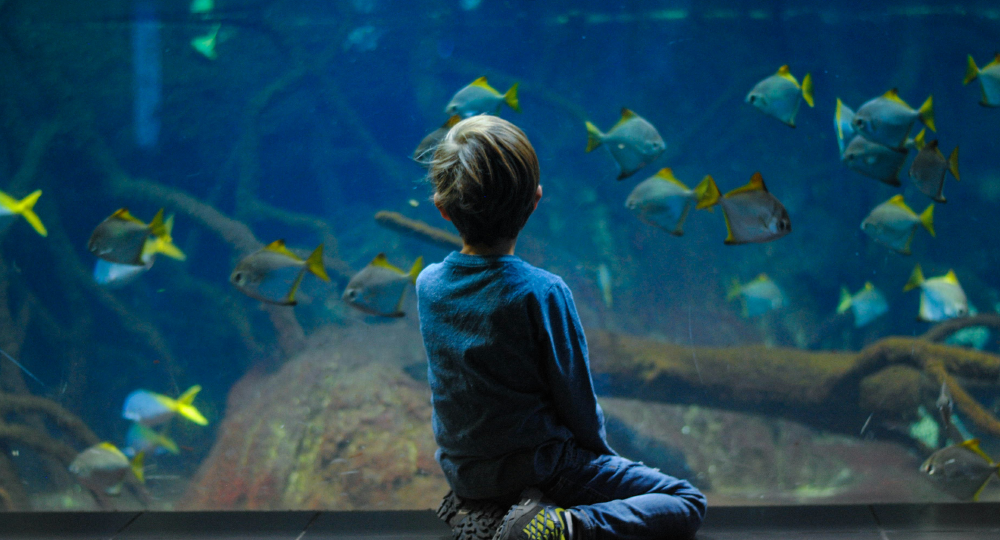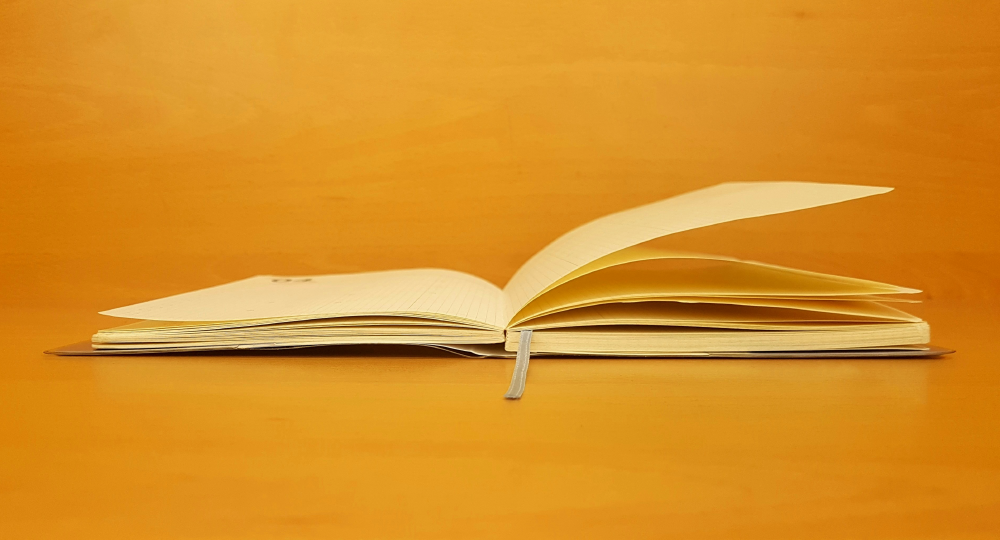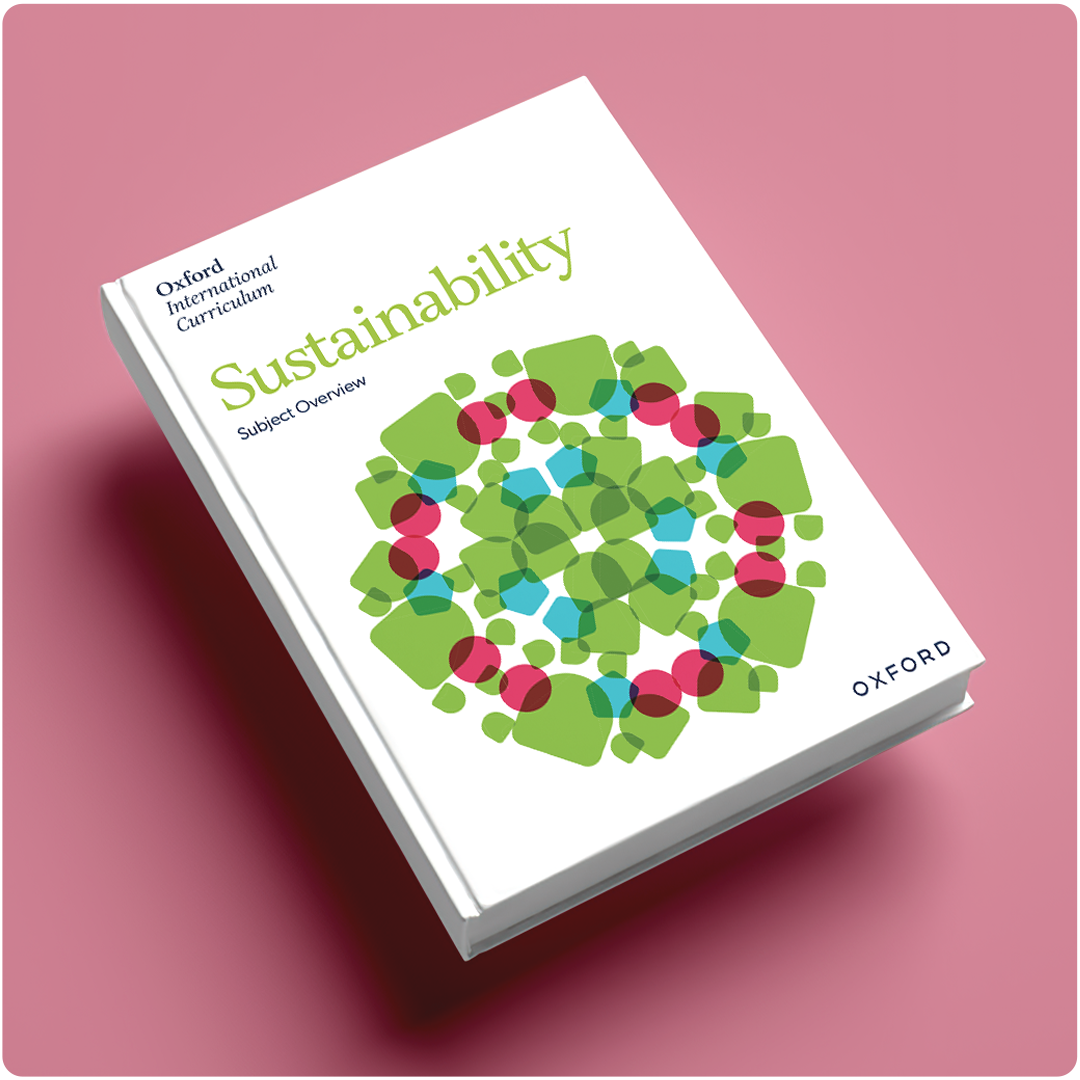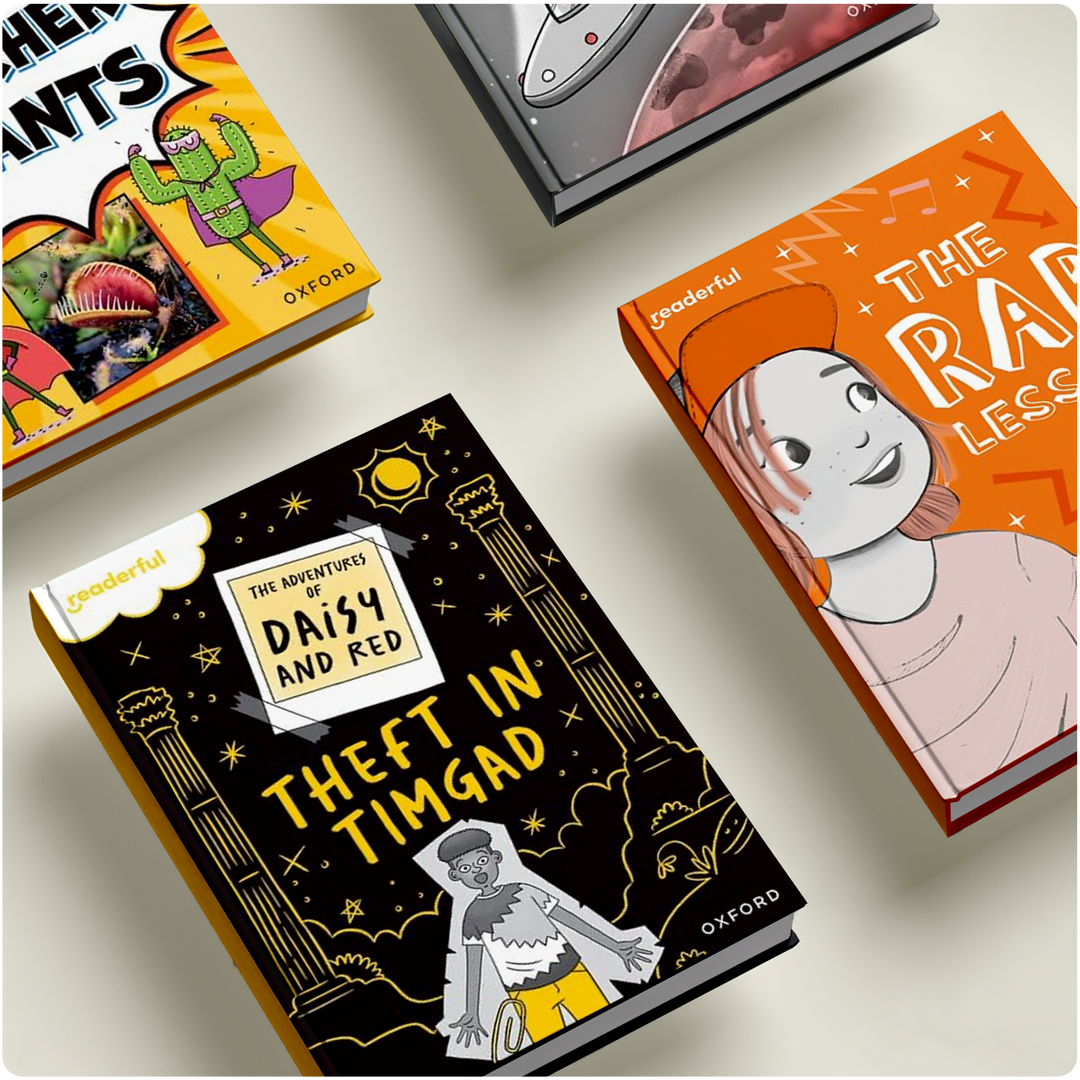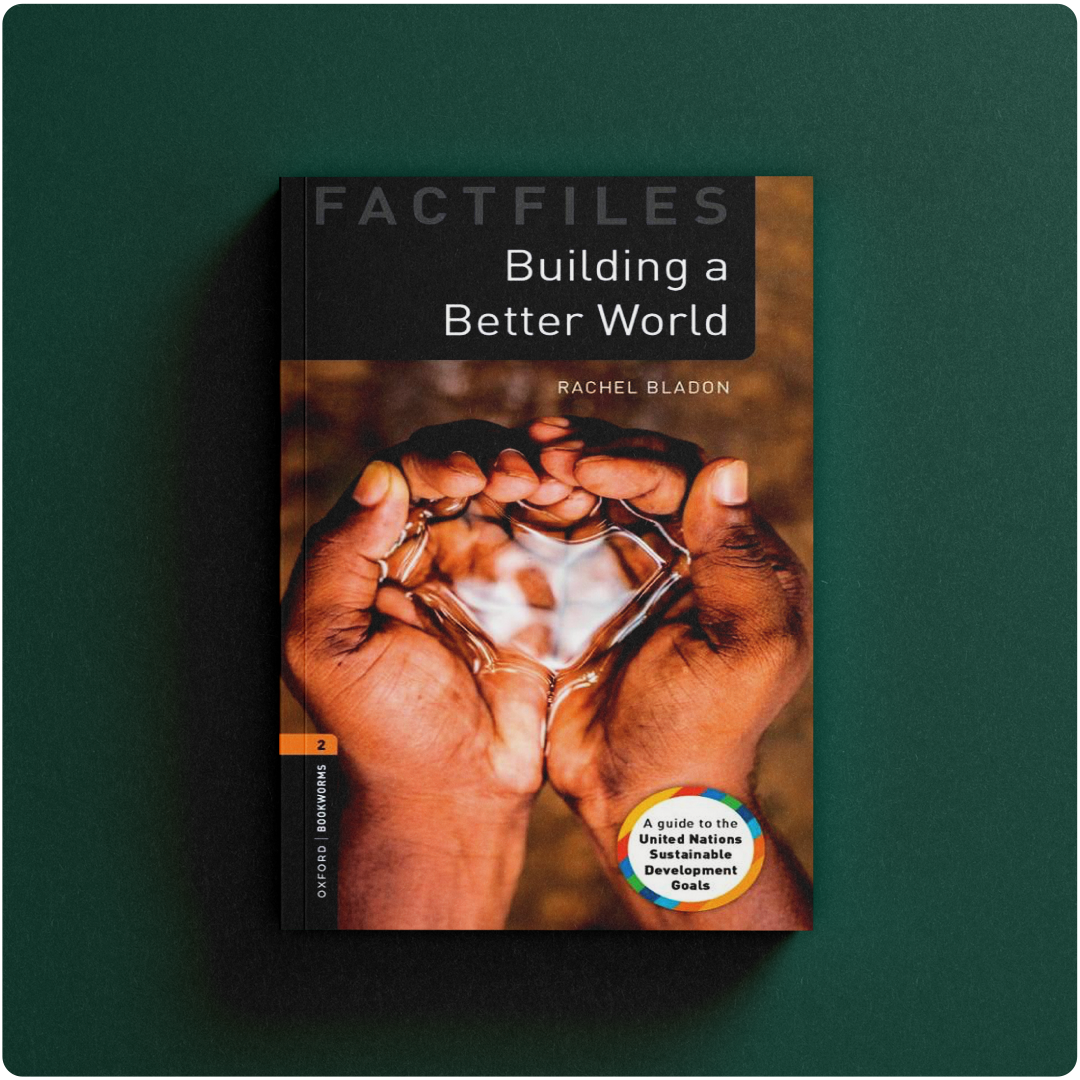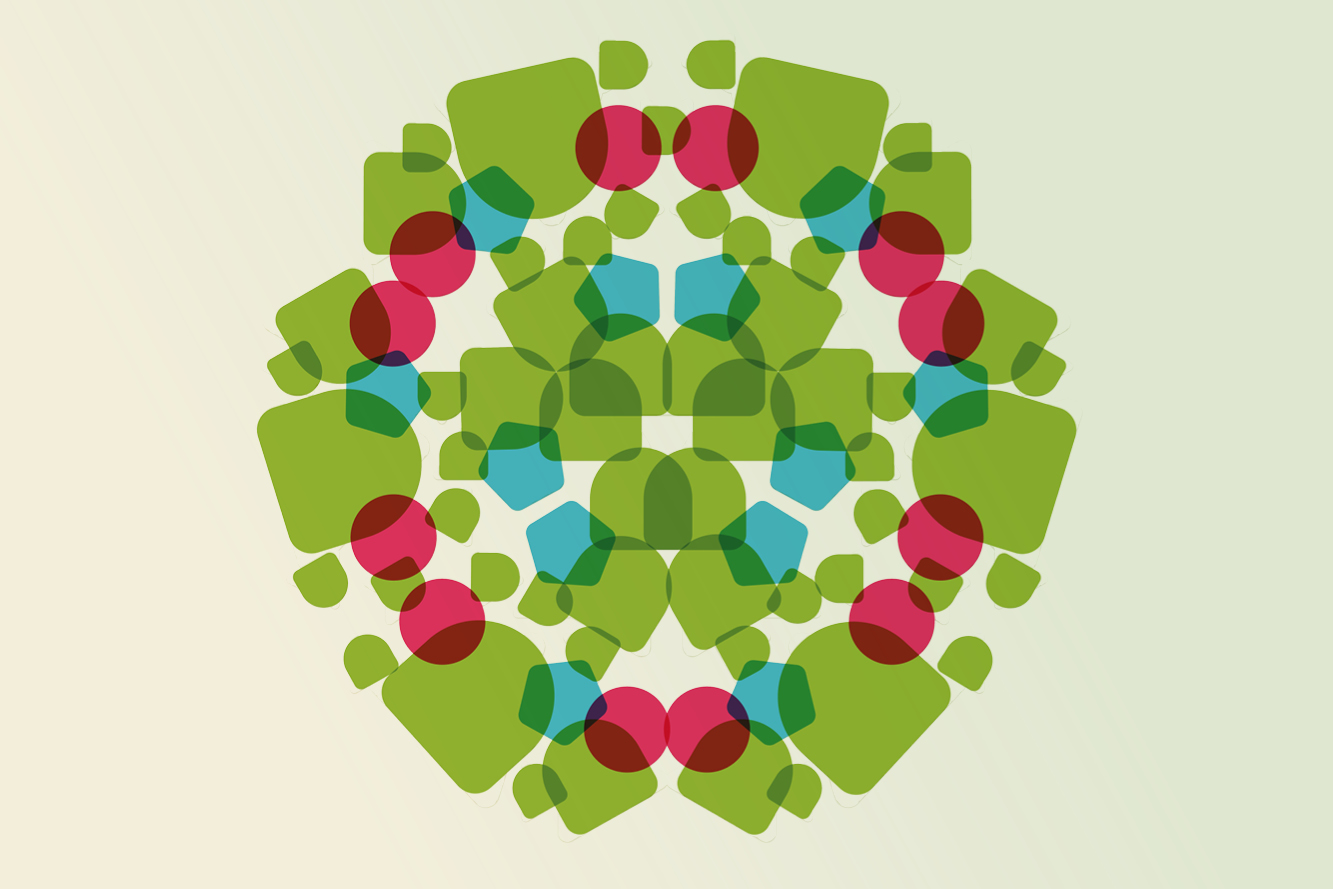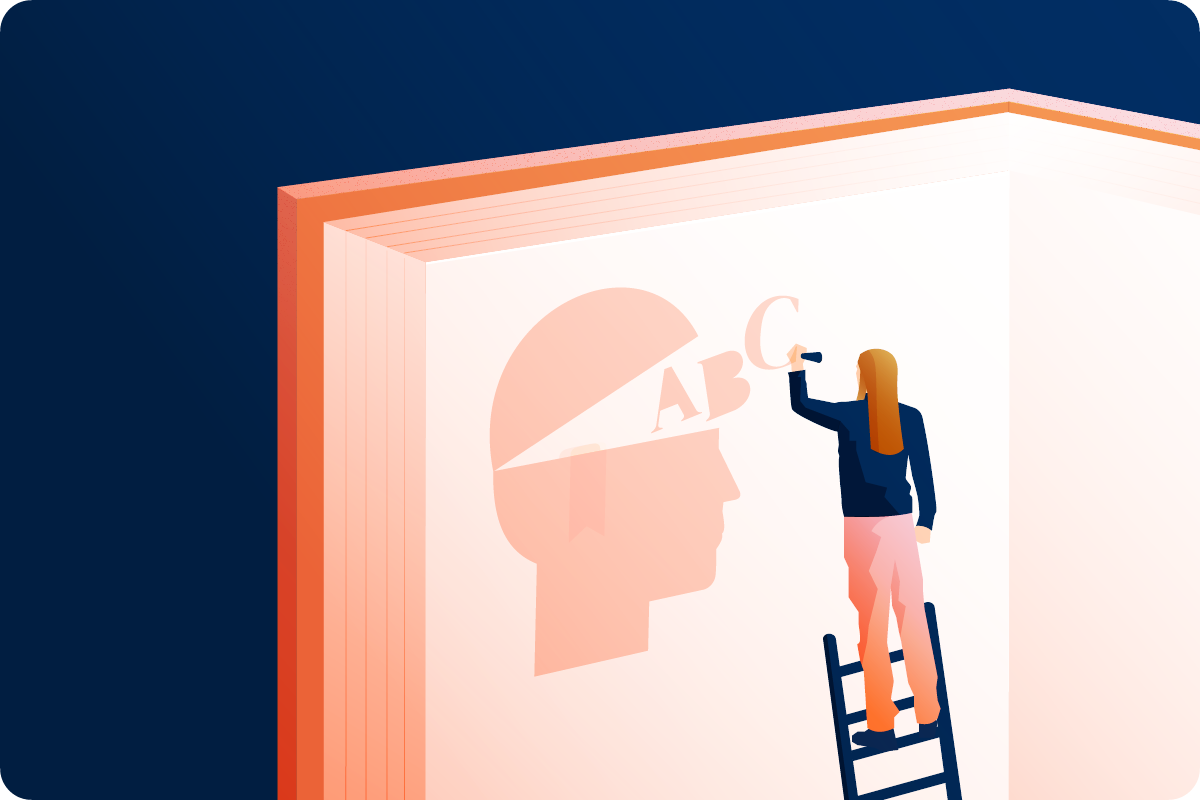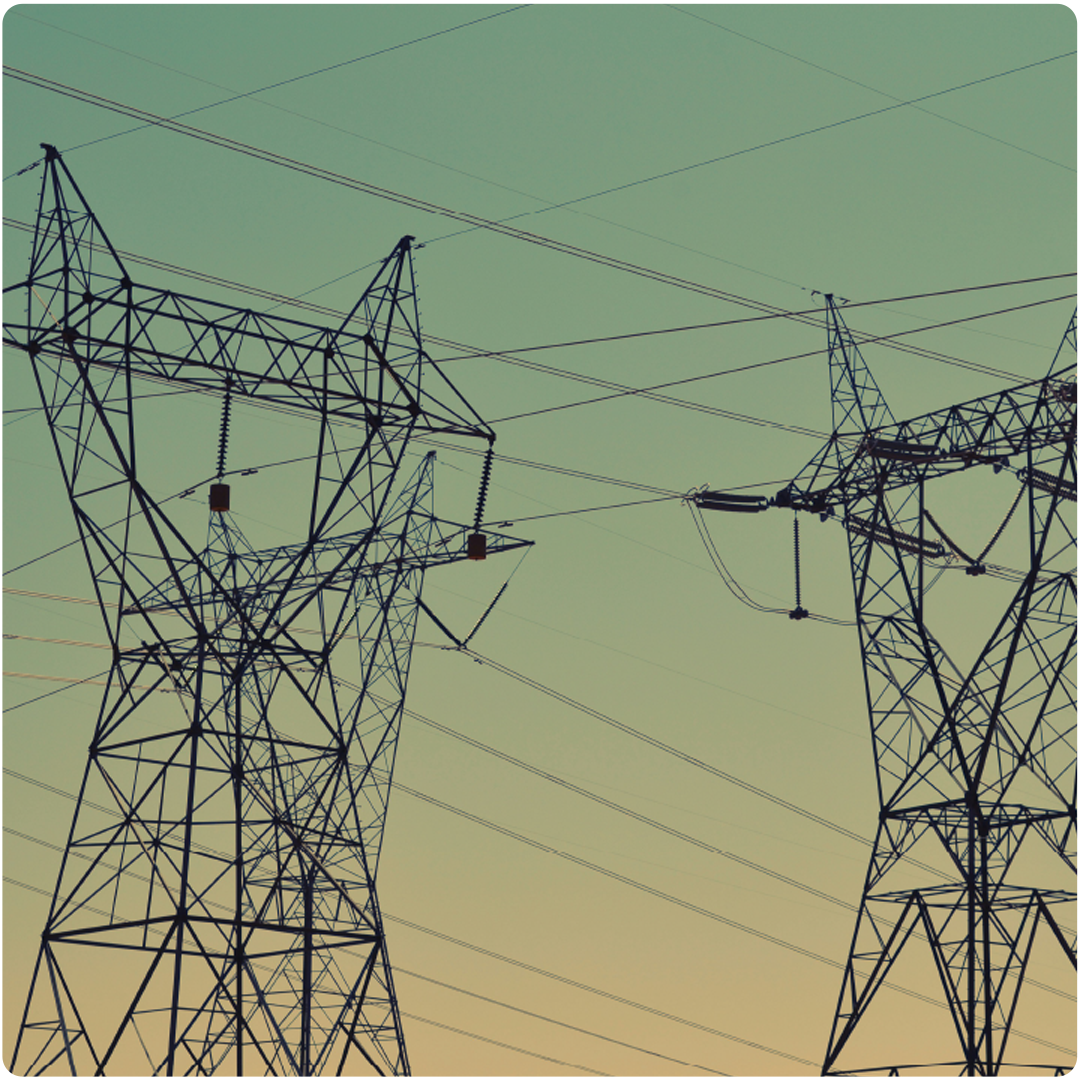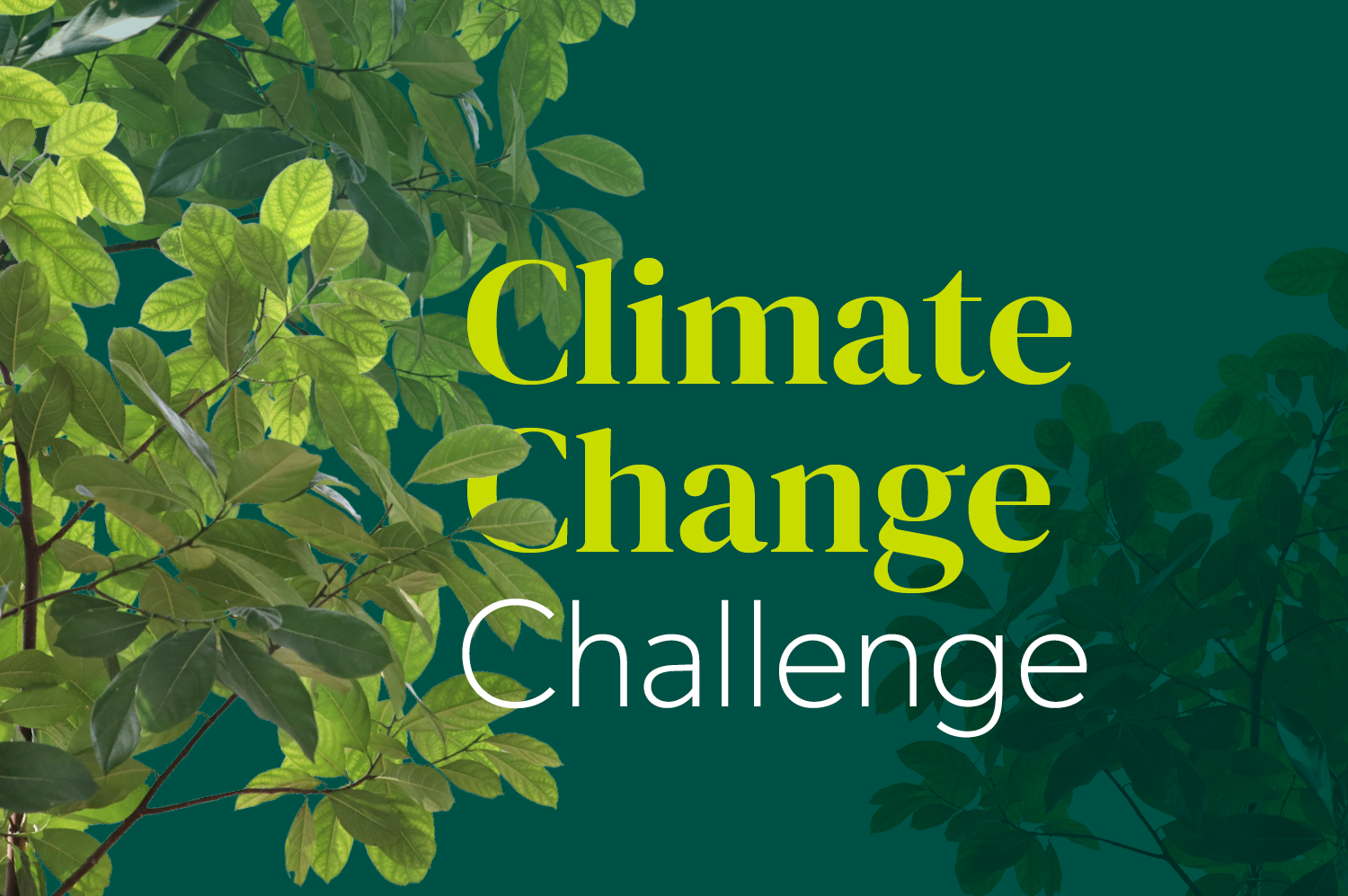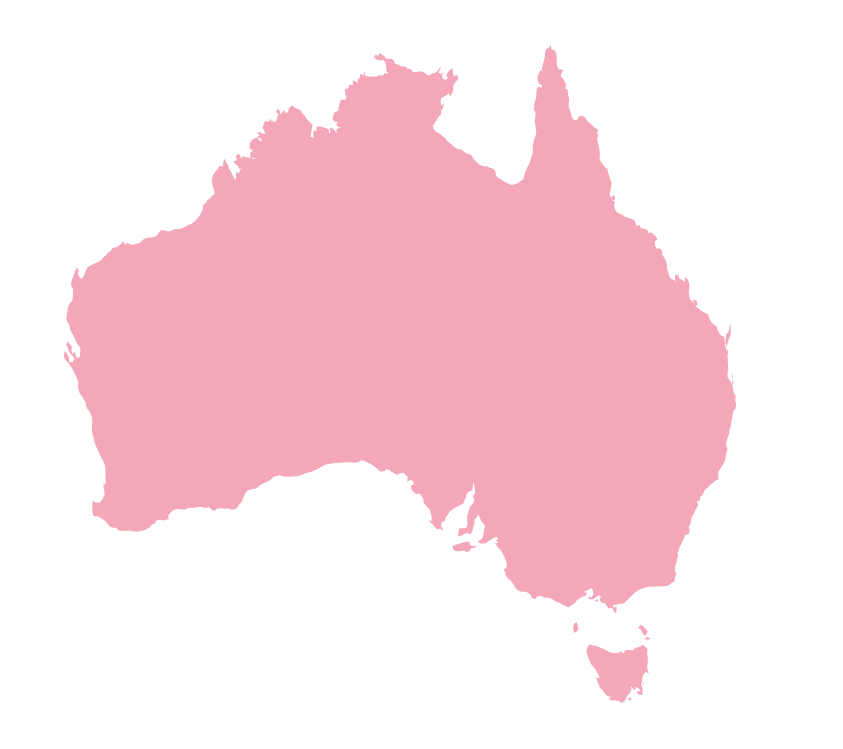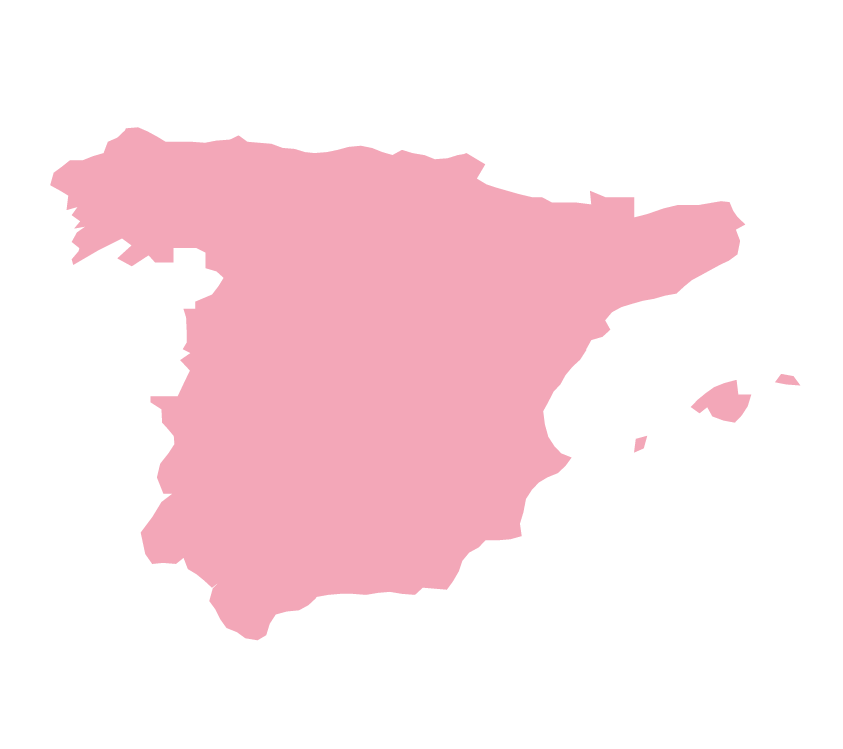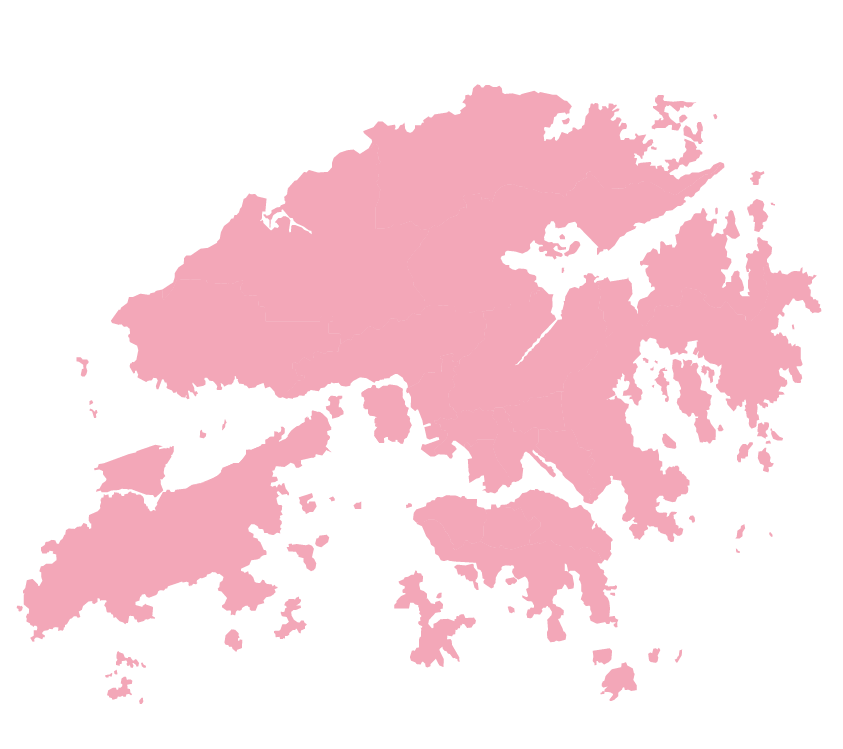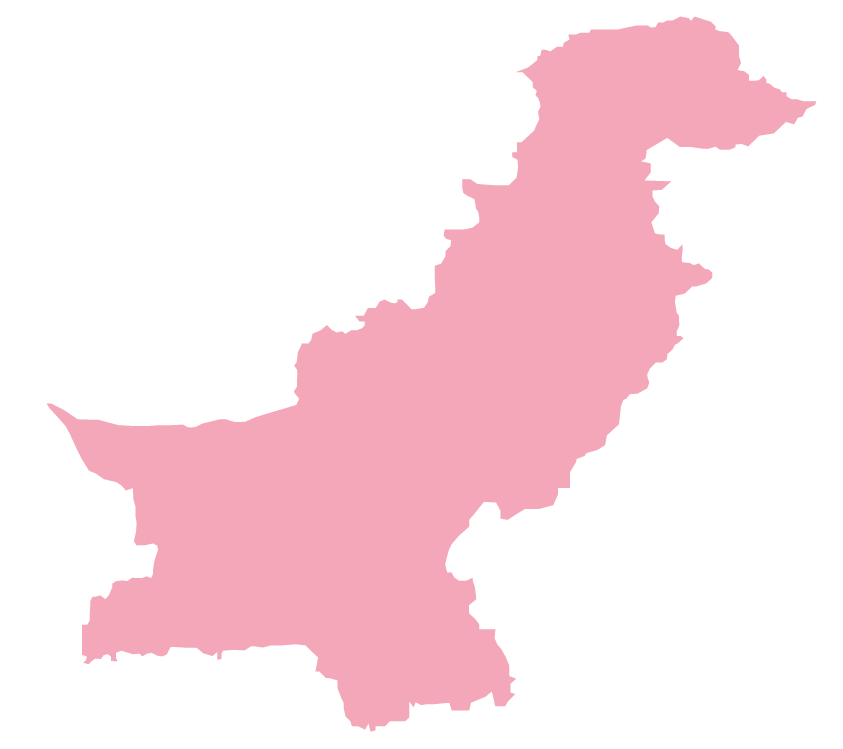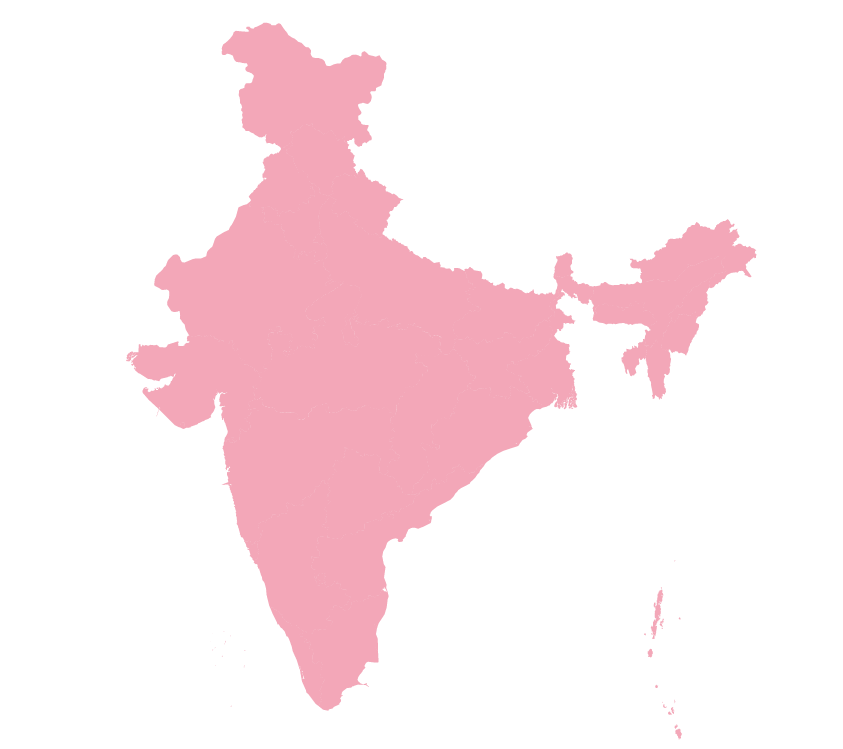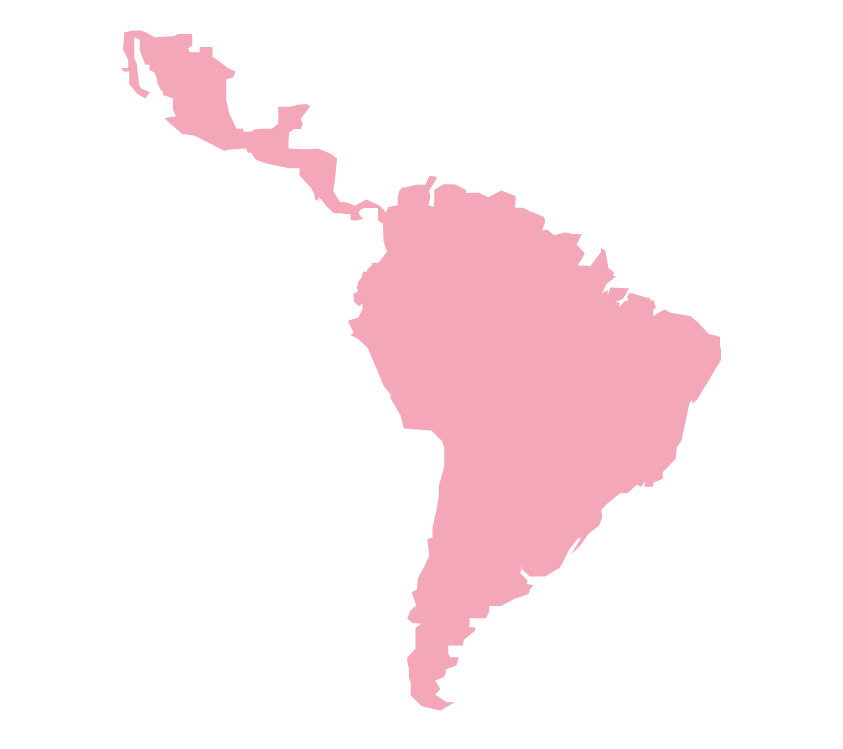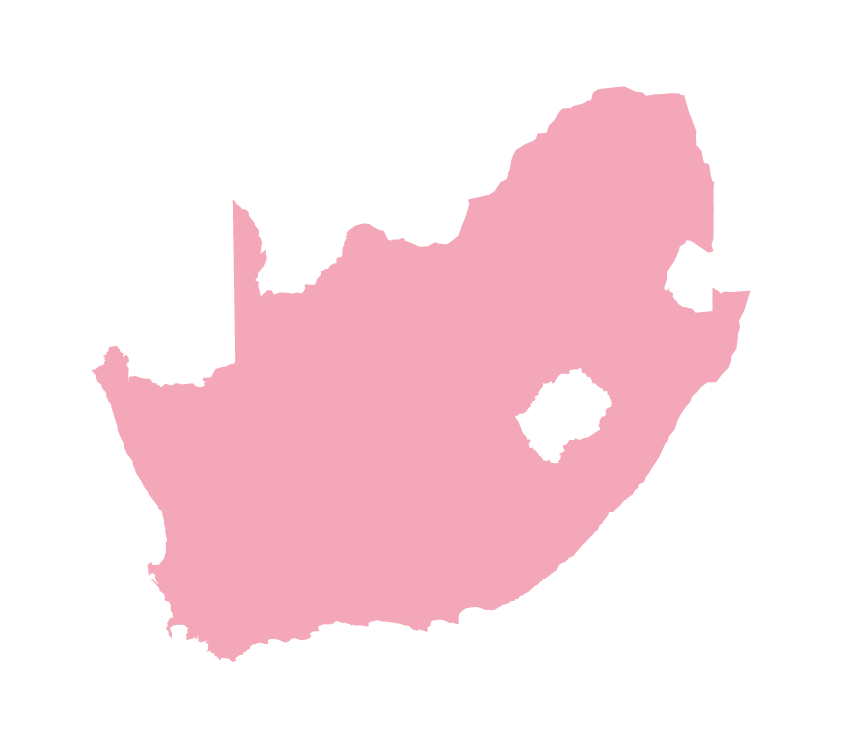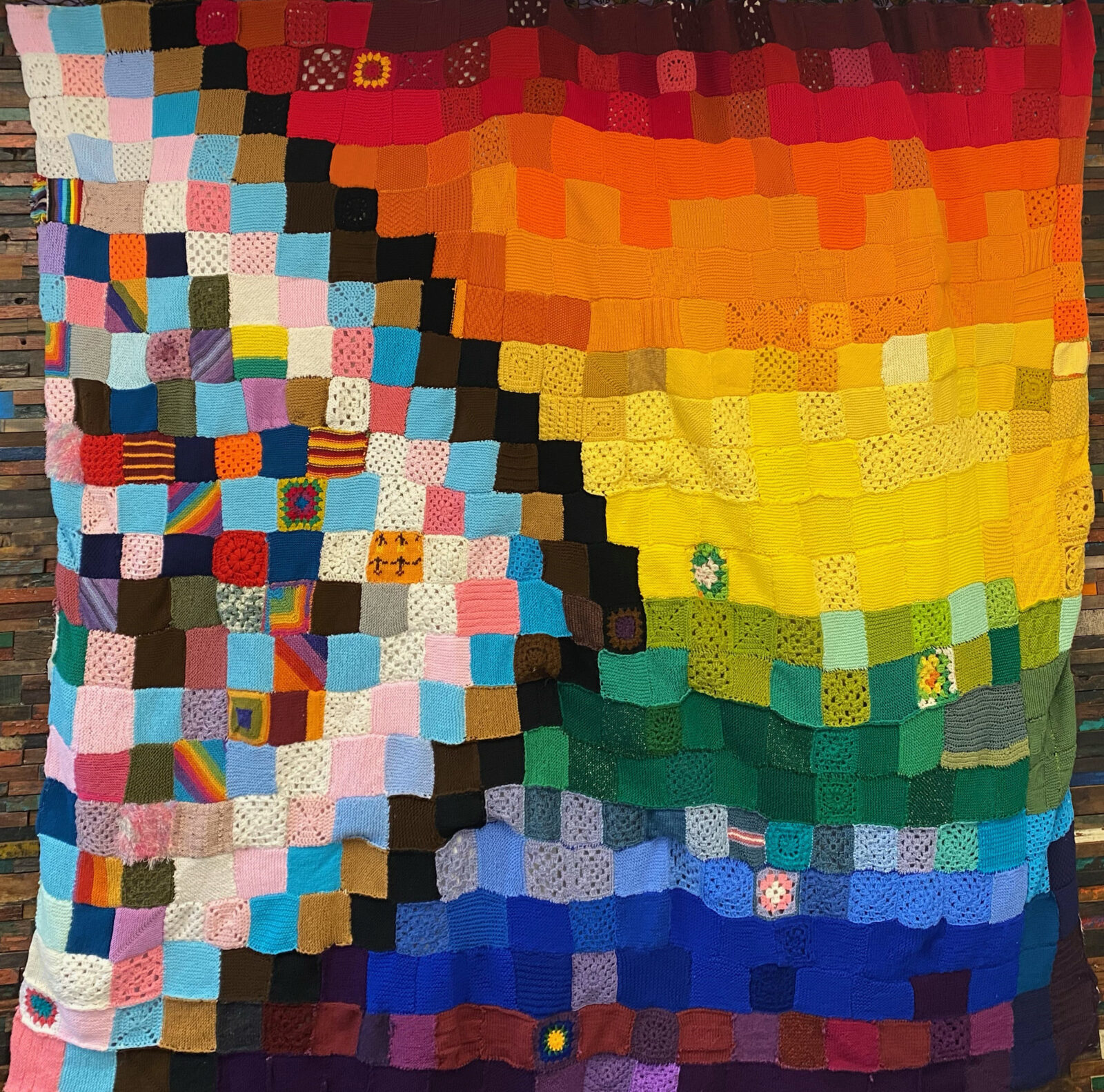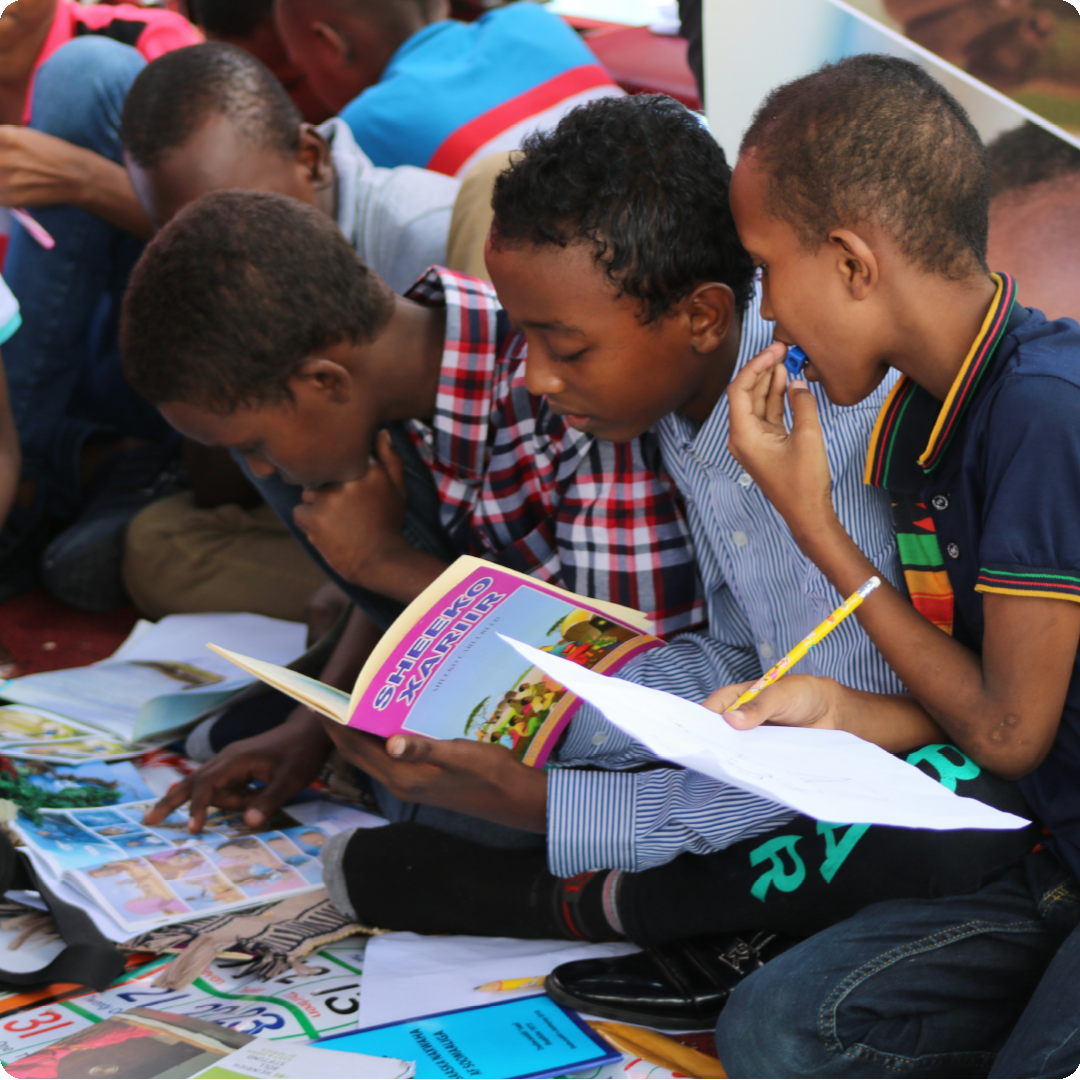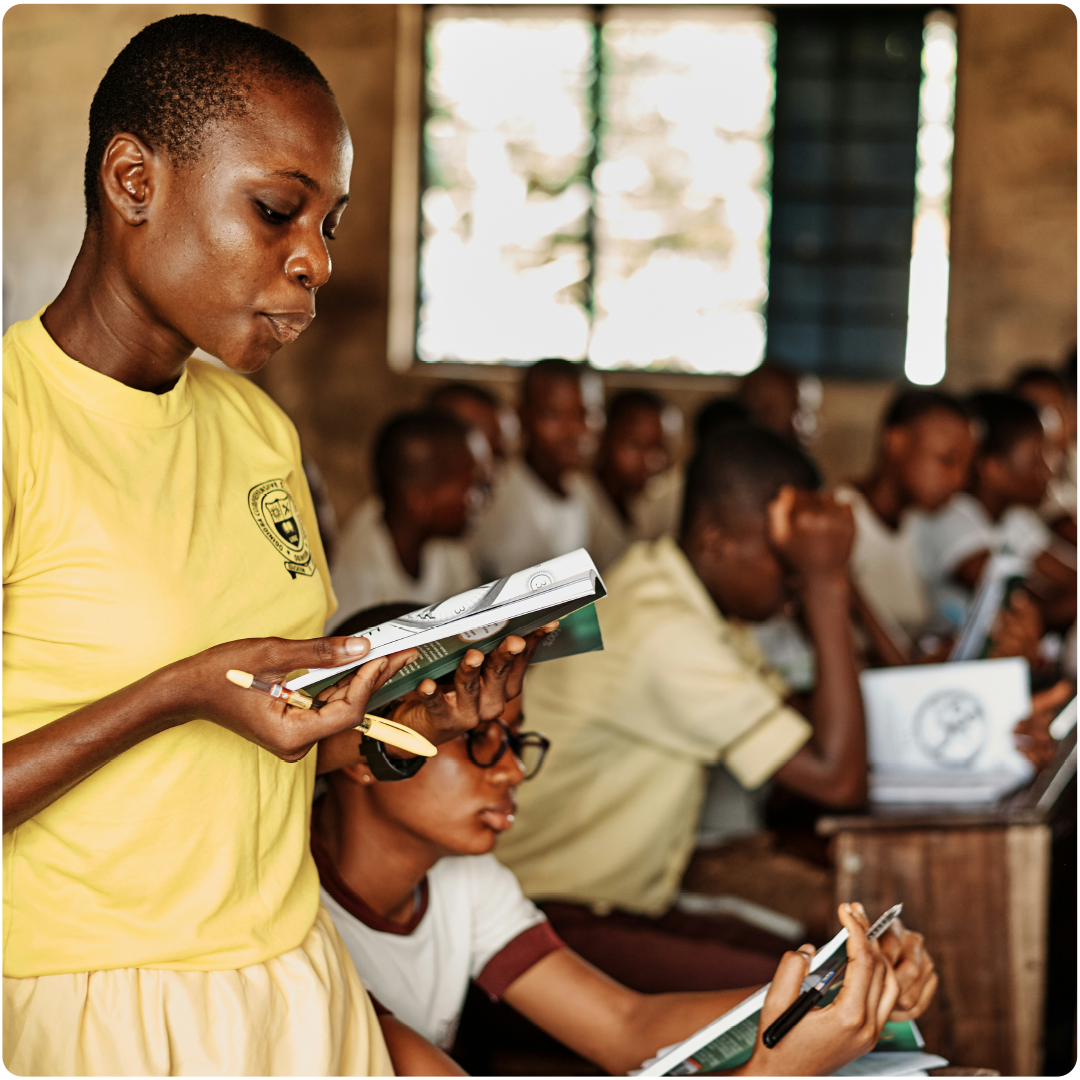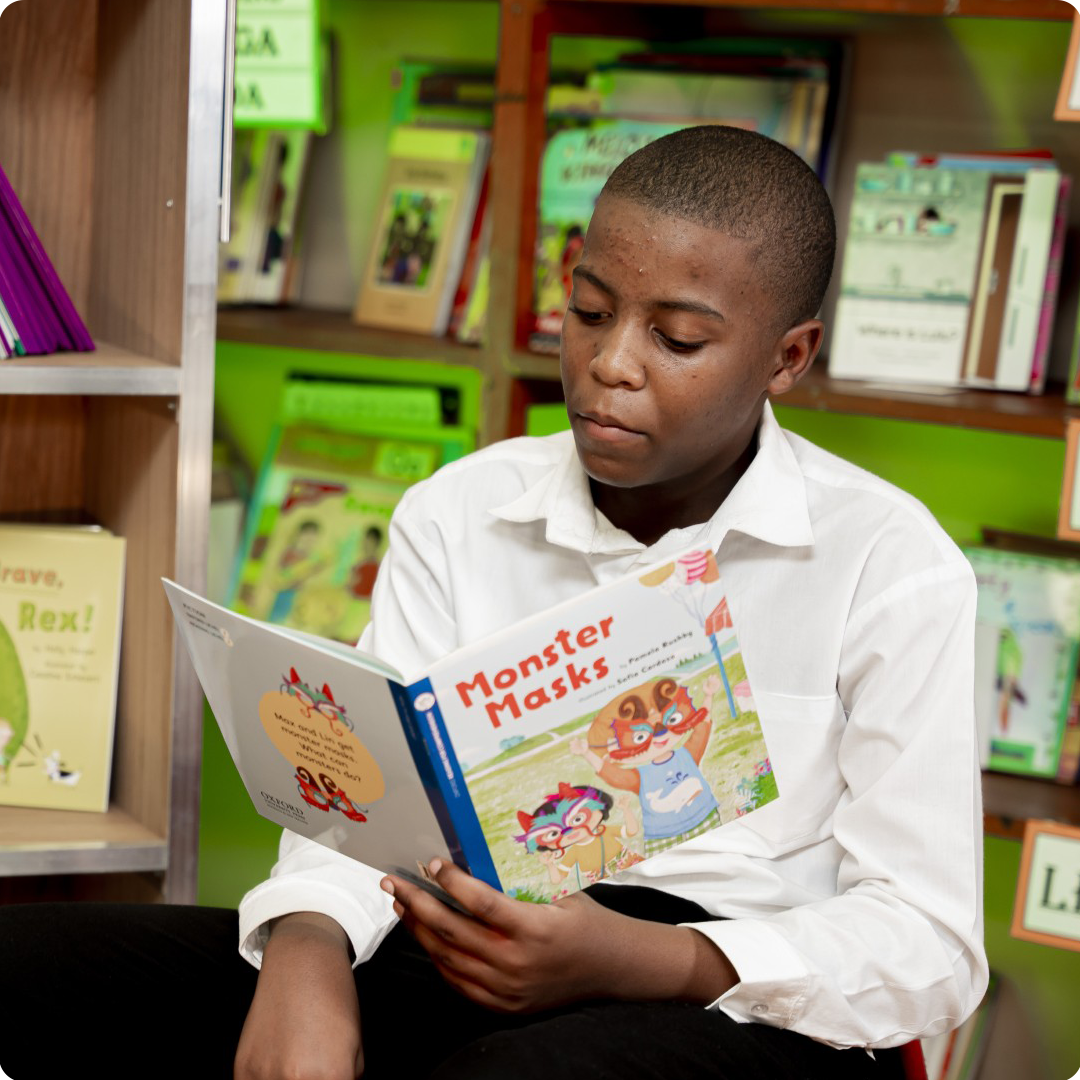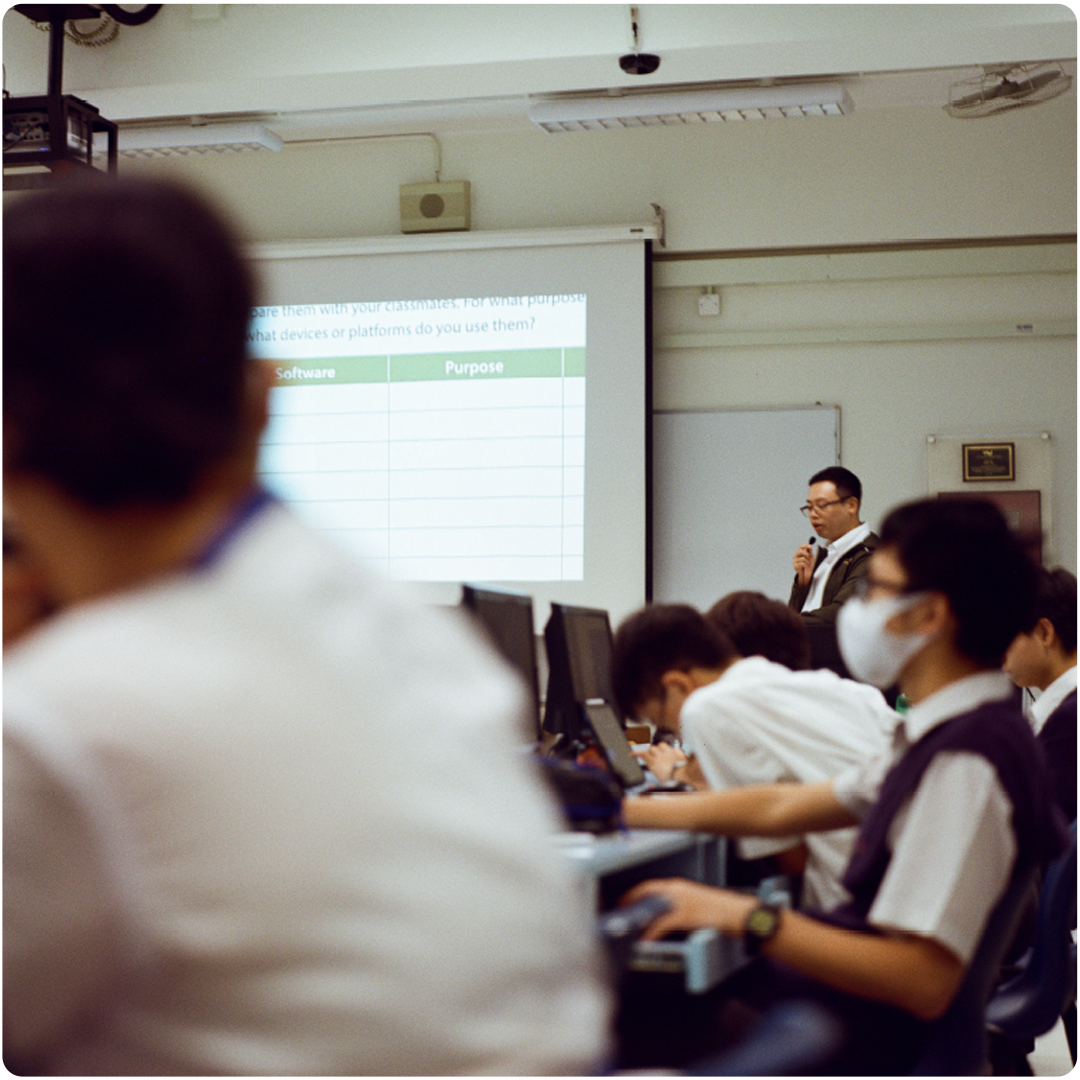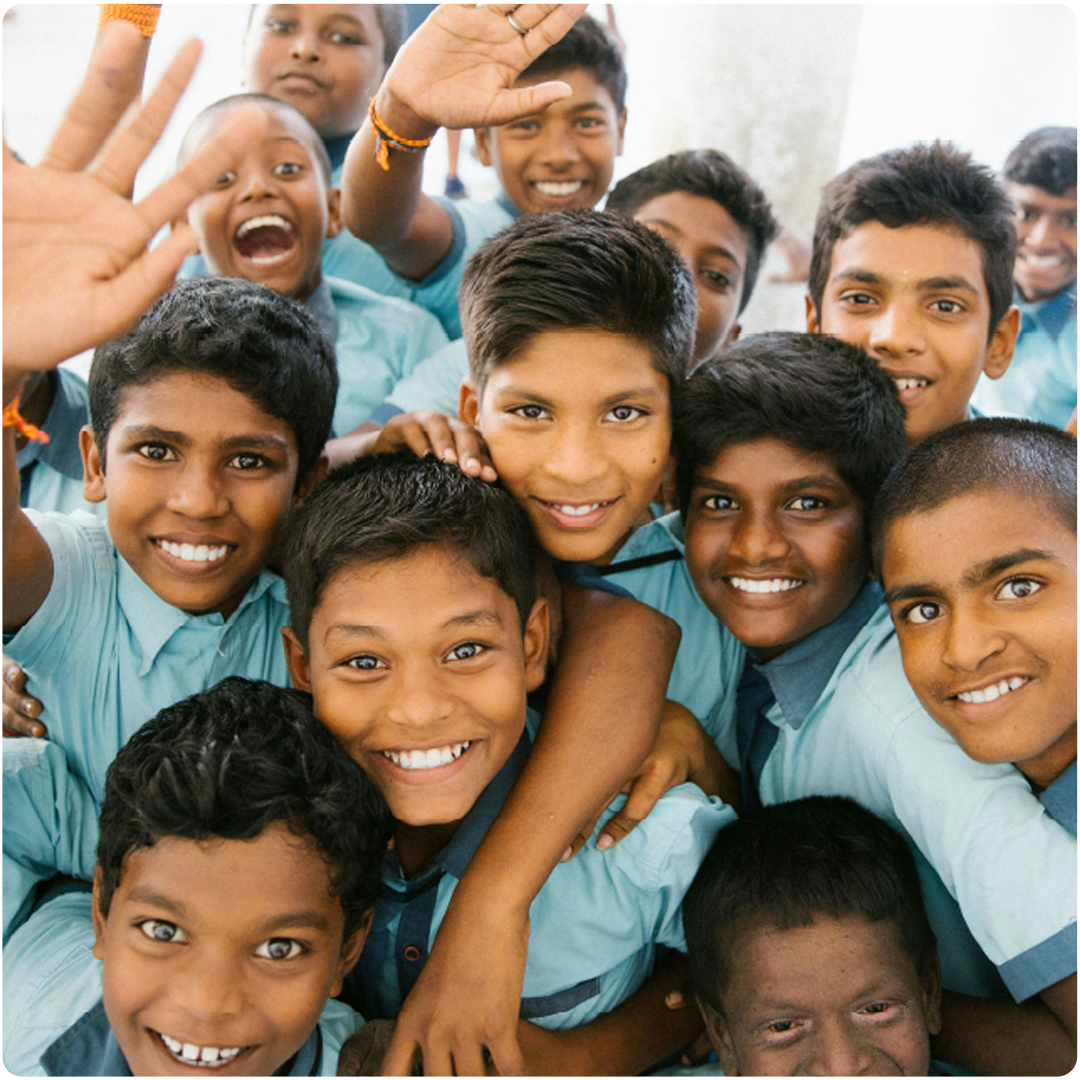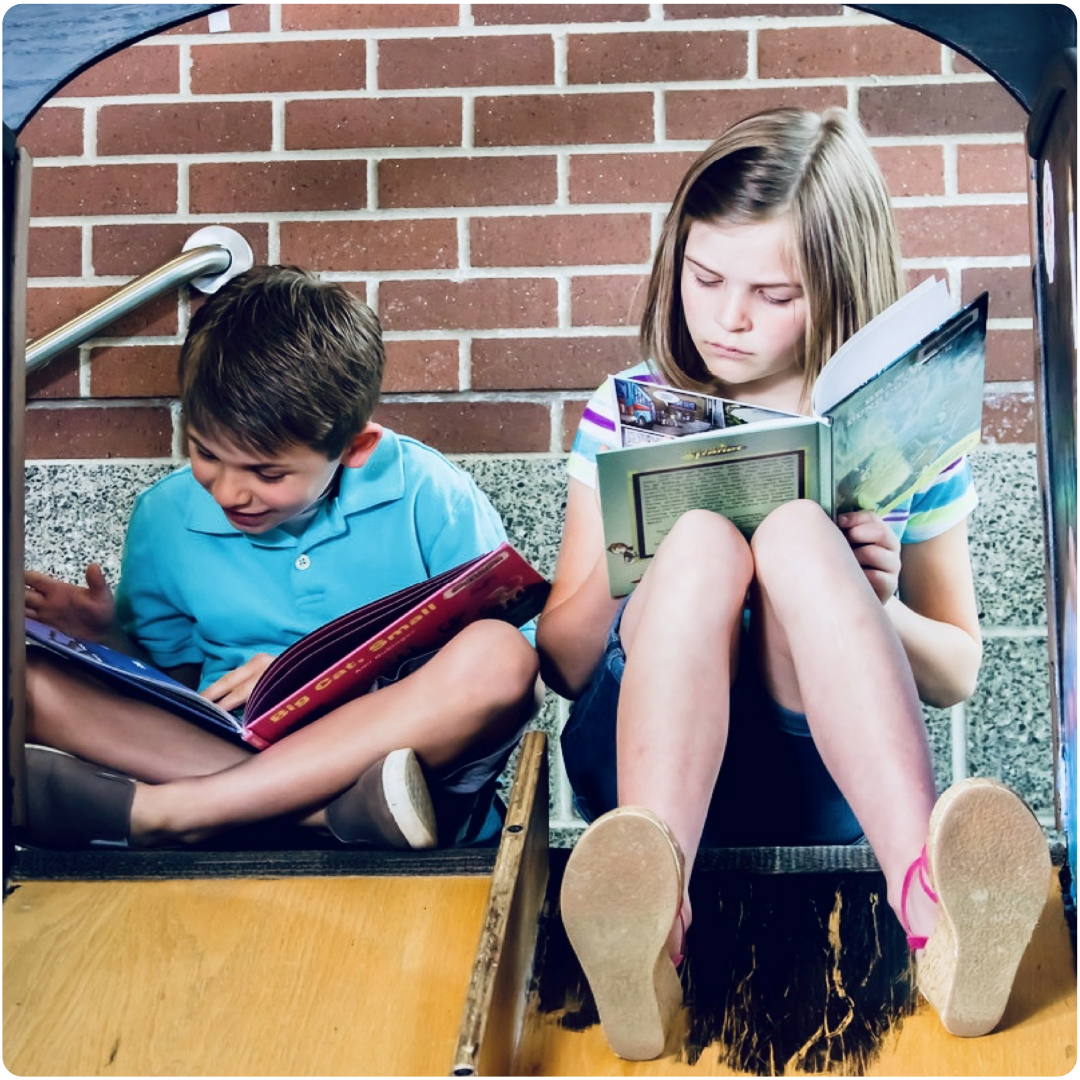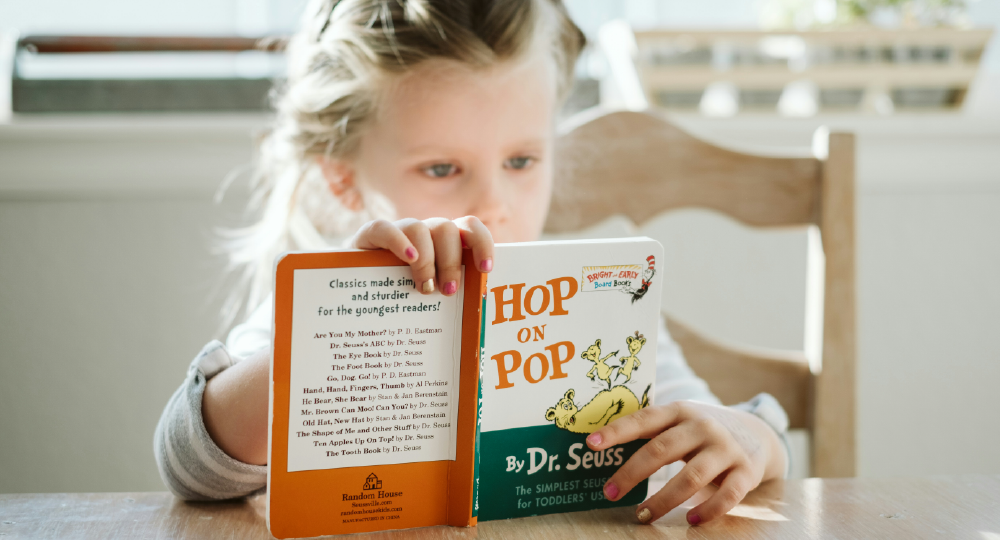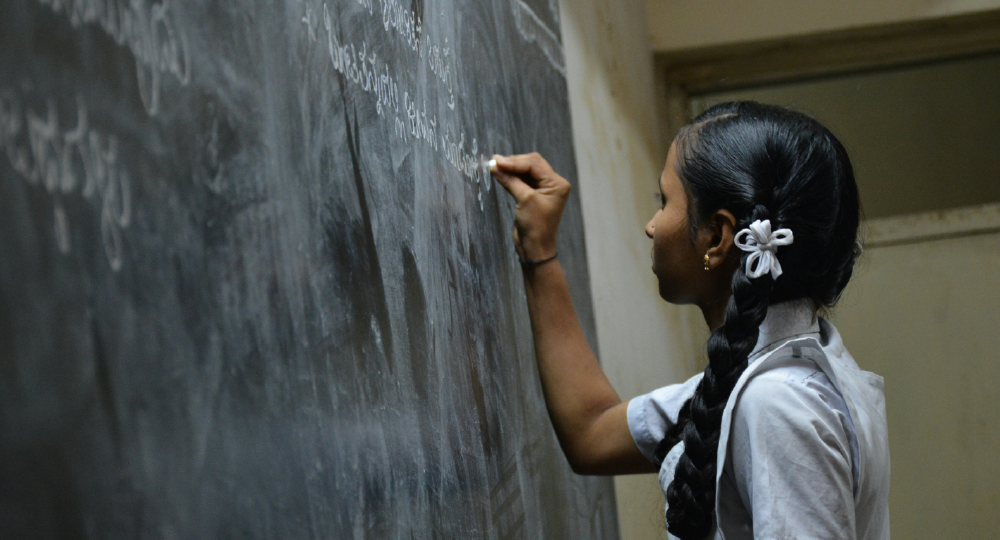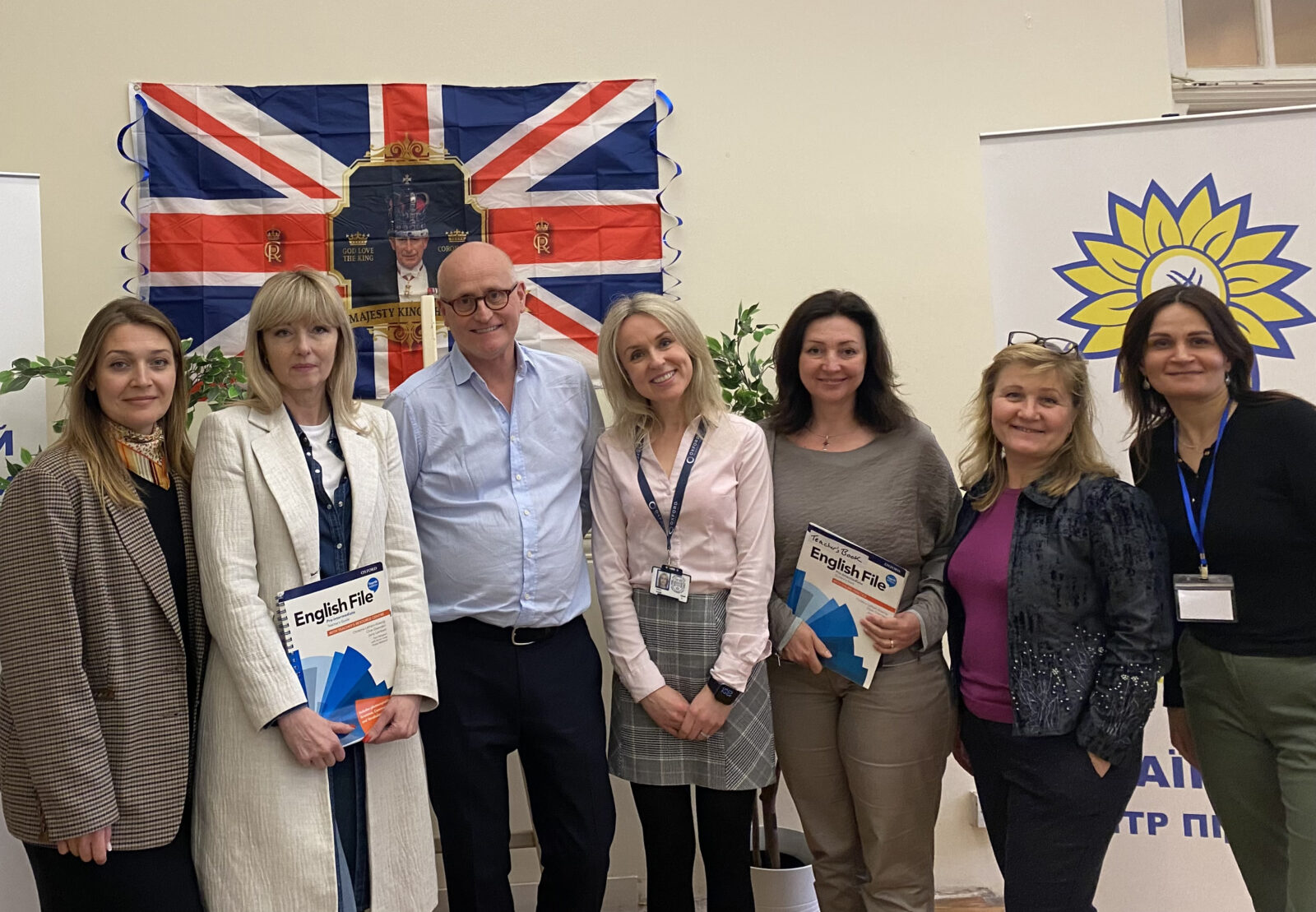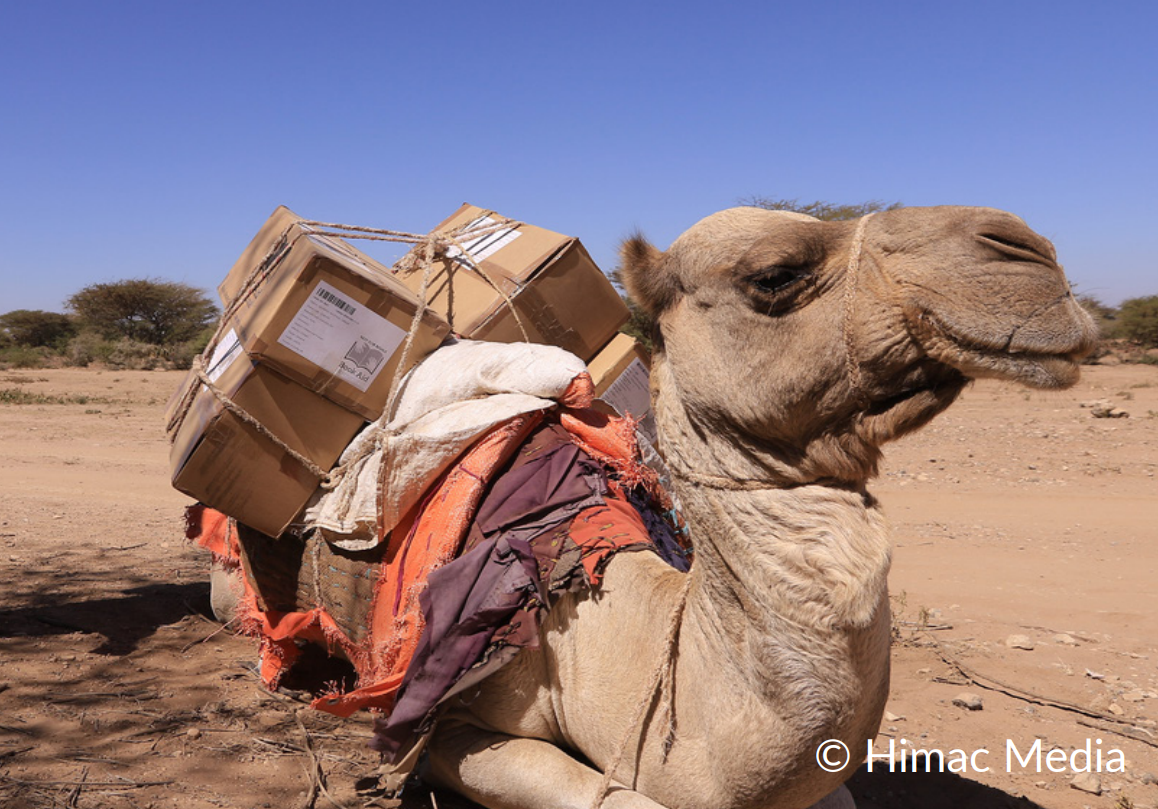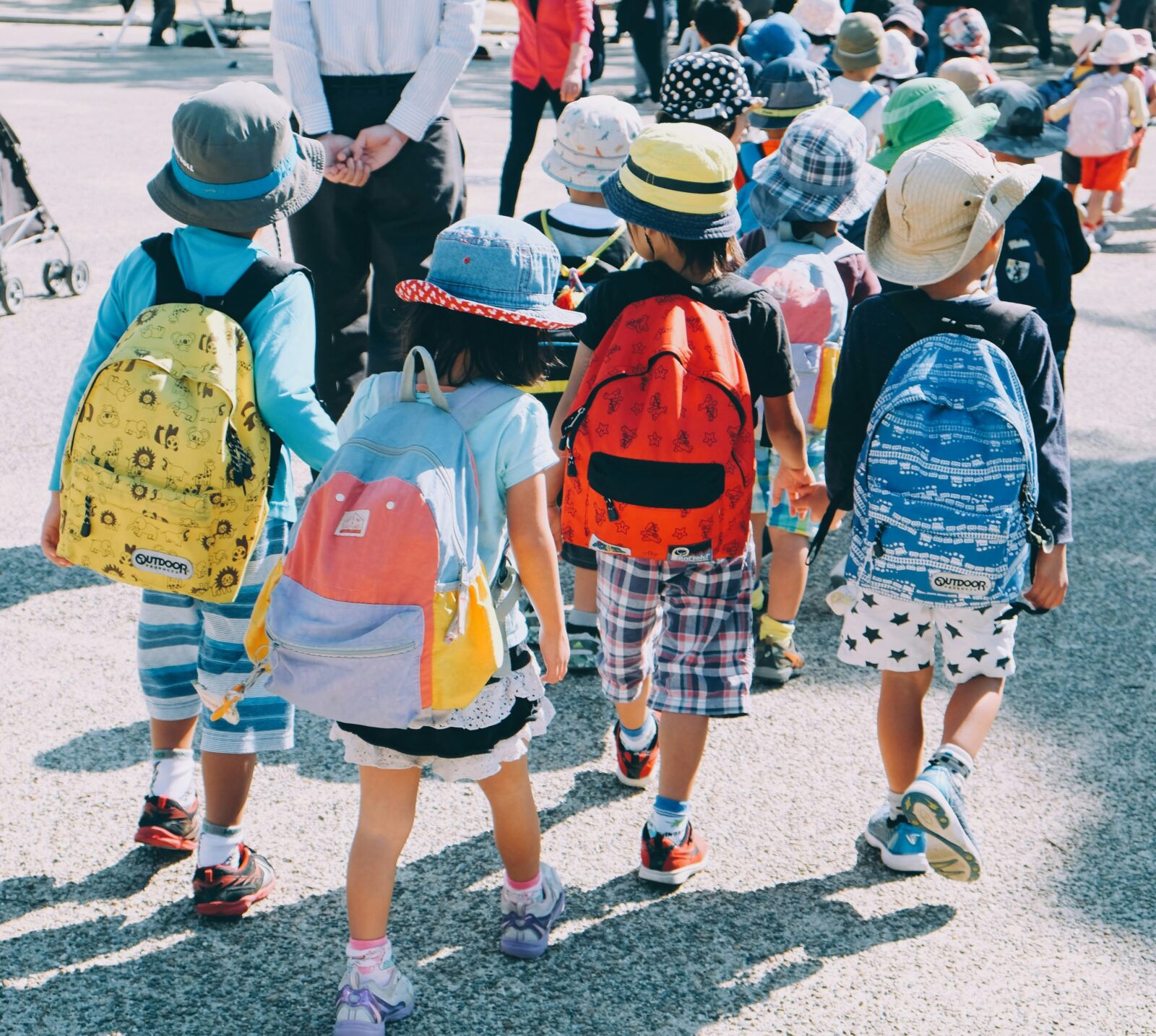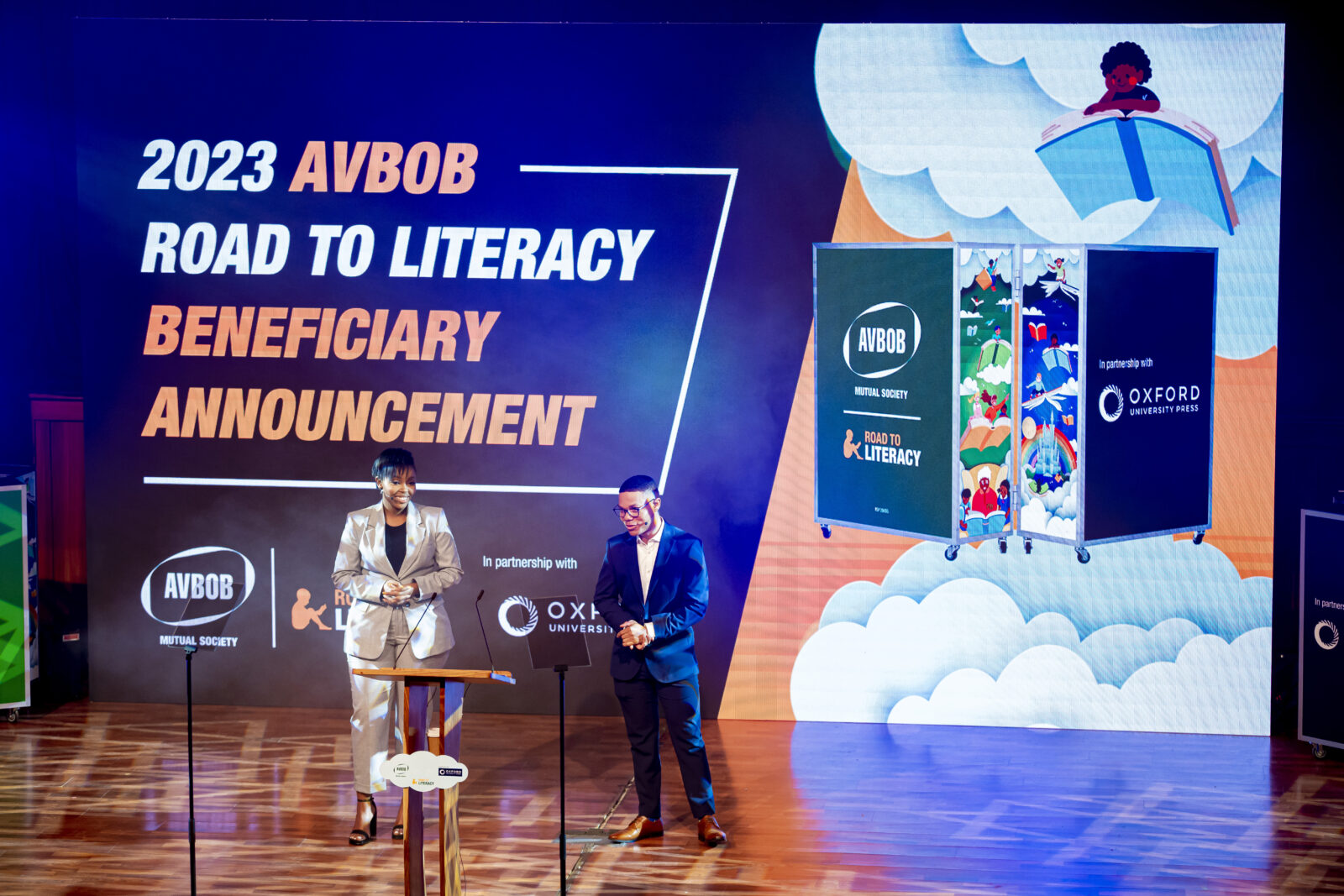Oxford University Press reaches teachers, learners, and researchers across the globe. Our mission is to further the University of Oxford’s objective of excellence in research, scholarship, and education by publishing worldwide. In a world that is facing the growing impacts of climate change, geopolitical upheaval, and shifting social tides, we have a deep-rooted responsibility to the communities we serve.
For the third consecutive year, OUP’s Responsible Publishing Report showcases our ongoing commitment to environmental sustainability, operating ethically, and supporting the communities we work with, aligned with the United Nations Sustainable Development Goals (SDG) Publishers Compact.

This year, we…
Supported the launch of the PISA 2025 Science Framework, working alongside the Organization for Economic Cooperation and Development (OECD).
Continued our progress on the creation of the Oxford Dictionary of African American English (ODAAE).
Offered guidance on how best to welcome and support refugee learners into the classroom.
Reduced the use of plastic in book covers by 35 tonnes per year in India alone.
Undertook 15 modern slavery audits across three different continents.
Recruited a network of wellbeing champions to help provide colleagues worldwide with wellbeing advice and support.
Donated over 292,000 books to charitable initiatives worldwide.
Nigel Portwood, CEO
“OUP is a signatory of both Publishing Declares and the SDG Publishers Compact. I am pleased to share the following report with you, highlighting the progress that we have made towards our responsible publishing goals over the past year. Despite the challenges posed by the uncertain global context, our colleagues have successfully delivered impactful initiatives and activities that we believe will make a positive difference.”
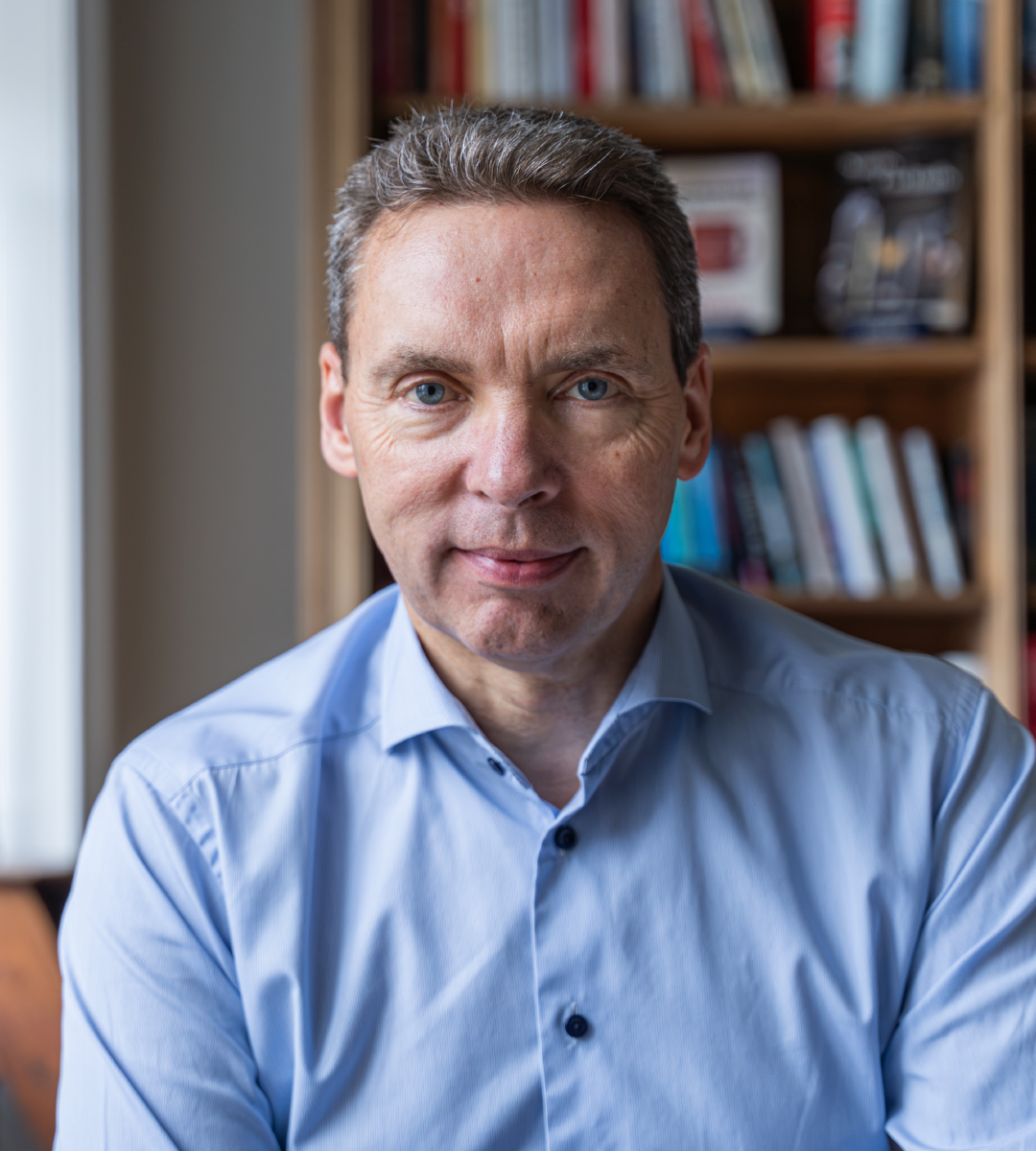

Publishing with Purpose
We inspire positive change by exploring key topics in society through our publishing, and by pursuing initiatives that promote greater accessibility, impact, and opportunity.
UN Sustainable Development Goals:
Goal 5: Gender Equality
- Increasing representation in publishing and working with authors from under-represented backgrounds.
- Publishing high-quality resources to increase knowledge of gender equality and the challenges affecting women and girls.
Goal 10: Reduced Inequalities
- Delivering research and education initiatives to raise awareness of and provide opportunities to under-represented groups.
Goal 13: Climate Action
- Helping address climate change and support climate action through publishing trusted research and educational content.
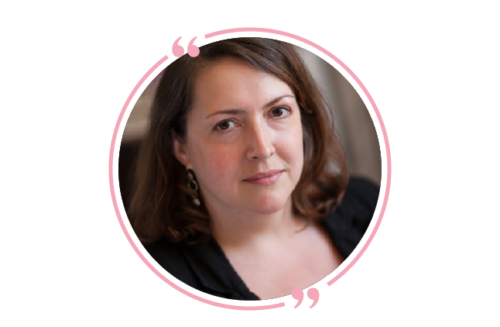
Sophie Goldsworthy
Director of Content Strategy and Acquisition for Research Publishing, on Oxford Intersections
“In connecting original research of the highest quality across disciplines, we hope to spotlight pressing global topics, collapsing the gap between research and real-world impact and taking new work to a broad readership as quickly as possible.”
Driving change through research and education initiatives

Ben Knight
Head of Language Content, Research and Pedagogy for English Language Teaching, on research paper, Supporting Refugees
“We know that language proficiency plays an important role in refugees successfully resettling and integrating into a new country. Our paper and toolkit provide practical guidance and advice for language teachers supporting refugees in the classroom, based on insights from experts in the field.”
Fostering equity and empowerment for underrepresented groups

Casper Grathwohl
President of Oxford Languages, on the Oxford Dictionary of African American English
“African American English has had a profound impact on the world’s most widely spoken language, yet much of its role has been obscured. Through collaborating with the Hutchins Center for African and African American Studies at Harvard University on the Oxford Dictionary of African American English, we seek to trace and uncover this contribution, creating a vital tool for researchers, students, and scholars that reflects how African American life has influenced how we speak, and therefore who we are.”

Exploring the challenges facing society through our content
We’ve collaborated with educators, researchers, and authors to publish thousands of high-quality resources to engage with some of the most important challenges facing society. Our publishing highlights from 2023/24 include:

Sue Trory
Global Content Director for English Language Teaching, on Oxford Bookworms
“Like much of our English language learning content, our extensive Oxford Bookworms library is introducing learners to important subject matter about the world around them, enabling them to join global conversations and debates in English.”
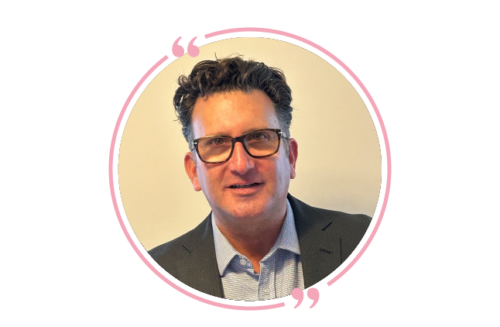
Matt Davidson
Head of International Market Development & Curriculum, Education, on sustainability education
“In recent years, children have become more concerned about our environment and teachers want help to bring sustainability into the classroom. So, we developed our new Sustainability subject for the Oxford International Curriculum. It will help teachers encourage active exploration and inspire learners to see how they can contribute to solutions—large and small—that make our planet more sustainable.”
Find out more about how we publish with purpose

Operating Sustainably
We are committed to reducing our impact on the climate and nature. We put this into action by finding ways to make our own operations more efficient, and by engaging our suppliers on the environmental impacts of our publishing supply chain.
Throughout 2023/24, we continued to work towards the three environmental sustainability targets that we set in 2021, and which we remain committed to achieving by 2025:
- Climate: be carbon neutral from our own operations (offices, warehouses, and business travel), with the aim of achieving a 50% reduction in emissions from these sources.
- Paper: source 100% certified sustainable paper for our print publications.
- Waste: reduce waste, increase recycling, and achieve zero waste to landfill in locations where this is possible, for example, areas where there is sufficient energy-from-waste and recycling infrastructure
UN Sustainable Development Goals:
Goal 12:
Ensure sustainable consumption and production patterns
- Reducing waste and increasing recycling in our offices and warehouses
- Focusing on sustainable design and materials
- Engaging our suppliers in supply chain improvements
Goal 13:
Take urgent action to combat climate change and its impacts
- Implementing energy efficiency measures
- Limiting business travel and improving our car fleet

Goal 15:
- Increasing sustainable paper sourcing with local suppliers
- Undertaking a biodiversity impact assessment
Reducing our carbon footprint
Our total carbon footprint for 2023[1] was 154,000 tonnes of carbon dioxide equivalent (CO2e), a 6% reduction versus the previous year. This reduction is primarily the result of energy savings from our offices and warehouses, as well as emissions reductions from our supply chain.
More than two thirds of our footprint is the result of greenhouse gas emissions from paper and book production. A further 10% is associated with shipping of print publications, with the remainder coming from our own operations, our use of technology, and outsourced services. In total, around 7% of our emissions are within our direct control and are the focus of our 2025 climate target[2], including:
5,600 tonnes of CO2e from energy supply for our own real estate and third-party warehouses.
4,300 tonnes of CO2e from business travel and company car use.
500 tonnes of CO2e from treatment of waste.
[1] Data referenced in this section spans the calendar year 2023, rather than the 2023/24 reporting period. Actions and initiatives referenced relate to the 2023/24 reporting period.
[2] Measured in accordance with the Greenhouse Gas Protocol
We have taken a range of steps to reduce emissions from these sources.
We are also taking steps to increase our understanding of, and mitigate, our future exposure to climate risk. Since conducting a climate risk assessment in 2022, we’ve integrated climate considerations into our risk management processes and engaged our senior leadership teams to capture what climate risk means for our organization.
Sustainable publications
We rely on natural resources, such as paper, to produce our publications, and are working to source these materials sustainably.
Waste
In 2023, we generated around 2,200 tonnes of waste, of which 85% was recycled. An estimated 6% of waste went to landfill, with the remainder going to energy-from-waste facilities.
We have made significant progress towards our target of sending zero waste to landfill by 2025. Three of our locations have achieved zero waste to landfill: our Oxford office, our office in New York, USA, and our largest warehouse in Kettering, UK. Together these locations represented a quarter of all the waste generated by our operations in 2023.
We aim to ensure that recycling facilities globally follow local best practice. However, in many of the markets in which we operate, a lack of energy-from-waste facilities means that landfill will be required for the foreseeable future. In these markets the priority is to reduce waste generation.
We have taken a series of steps to reduce waste from our offices, including:
- A campaign to encourage colleagues in the Oxford office to bring their own cups to the on-site coffee shop, which resulted in a saving of nearly 15,000 disposable cups in the last quarter of 2023. Due to the success of this campaign, the practice is now permanent.
- Donations of over 2,400 items of unwanted computer, printer, tablet, and mobile phone equipment to Computer Aid, Sims Recycling, and Pix Telecom.
- The responsible disposal of 11,000 litres of assorted e-waste.
In our warehouses, actions in 2023/24 included:
- Introducing new equipment in Kettering, UK, that stretches the shrinkwrap we use to wrap shipments of stock, reducing the amount of plastic used to protect pallets by over 60%.
- Installing a shredder onsite in Kettering to recycle waste cardboard into in-box padding material used to protect products during shipping. As a result, we no longer need to purchase new material for this purpose.
- Ensuring all packaging in Australia is made from recycled materials and can be recycled, with a recycling programme established for shrinkwrap and cardboard.
We are committed to reducing the amount of stock that goes to waste sites, and to ensure that any publications not sold are either donated or recycled. This year, we focused on:
-
How we can increase use of print-on-demand services, where appropriate, as a way of ensuring that we only print what we need.
-
Establishing a working group focused on identifying and addressing the root causes of stock wasting.
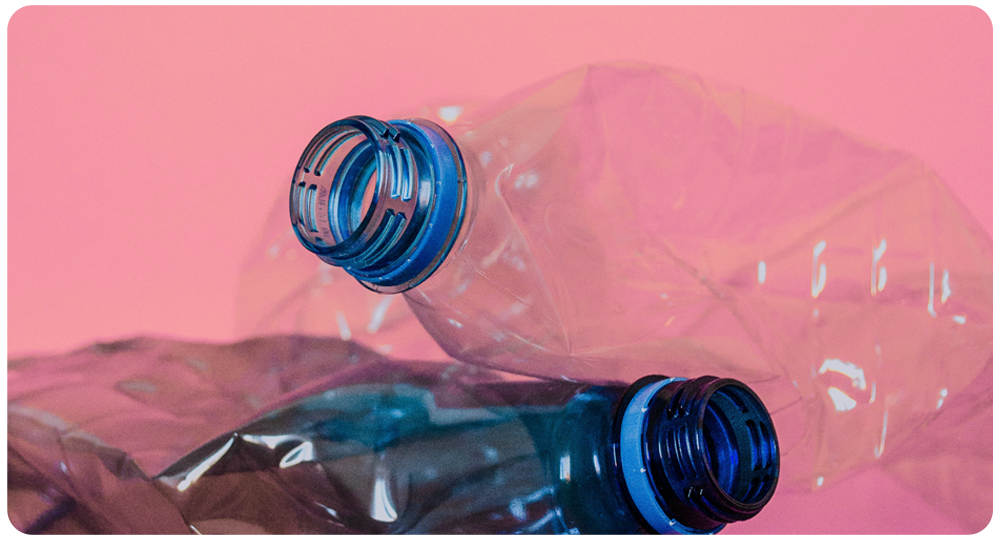
Future focus
Conscious that the majority of our carbon footprint is the result of printing books and journals, we are preparing a long-term climate target and strategy to reduce emissions from all parts of our operations and supply chain. Our priorities will be to print only what we need, to publish digitally where appropriate, and to work with paper and print suppliers to reduce the impact of our publications.
We are also working to improve our understanding of our reliance on nature, and to identify further actions we can take to reduce our impact. In 2023 we worked with sustainability consultants Carnstone to conduct a biodiversity impact assessment which will form the basis of a longer term nature target.
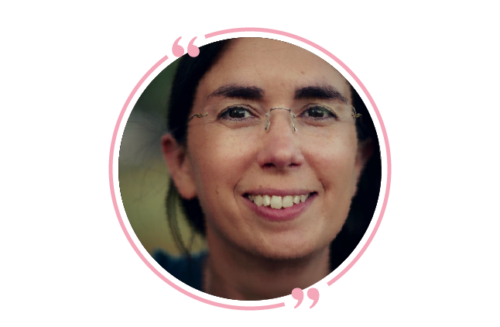
Zoe Cokeliss Barsley
Director of Sustainability, Oxford University Press, on our progress against sustainability targets
“With climate change becoming an ever-increasing risk to life, it’s important that we tangibly reduce our impact on the climate and nature. I’m proud to see the progress that we’ve made against our environmental sustainability targets, with significant developments to reduce waste, use paper from certified sustainable sources, and cut our carbon footprint. Looking to the future, we’ll continue to work closely with colleagues, suppliers, and the communities we serve to identify further actions we can take to reduce our impact.”
Find out more about how we operate sustainably

Operating Ethically
Our Ethics and Compliance programme is designed to foster an organizational culture centred on ethical conduct wherever we operate in the world.
In 2023, we updated our Ethical Policies and made them available in 16 languages. We also updated our Partner Code of Conduct which is available in 20 languages. These documents underpin the way all colleagues and business partners work at OUP.
We maintain and actively promote a zero-tolerance stance to bribery, fraud, and other ethical misconduct, and provide a confidential Speak Up line for colleagues to report any matters that potentially fall short of our standards.
UN Sustainable Development Goals:

Goal 8: Decent Work & Economic Growth
- Ethics and compliance training for all colleagues
- Undertaking modern slavery audits across our supply base
Our focus

Modern slavery visits
In 2023, we carried out 15 modern slavery audits across our supply base, spanning three continents. Colleagues and key external partners underwent additional training to spot key signs of modern slavery. In cases where these are detected or suspected, OUP works with the third party in question to mitigate the risk.
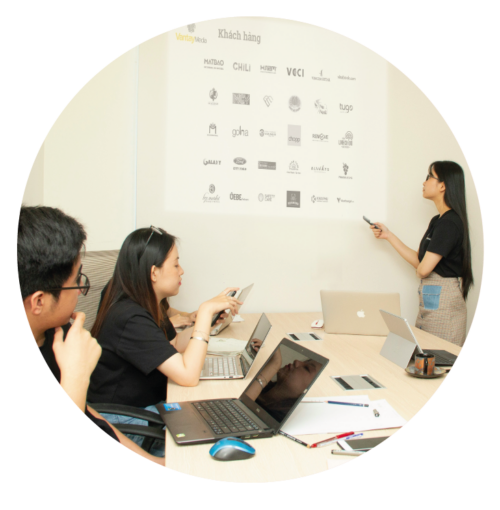
Staff training and compliance
Our colleagues participated in mandatory ethics and compliance training in 2023. All colleagues and contractors were required to certify that they understand and will comply with the requirements of all our Ethical Policies and Code of Conduct in our annual online refresher ethics and compliance training.
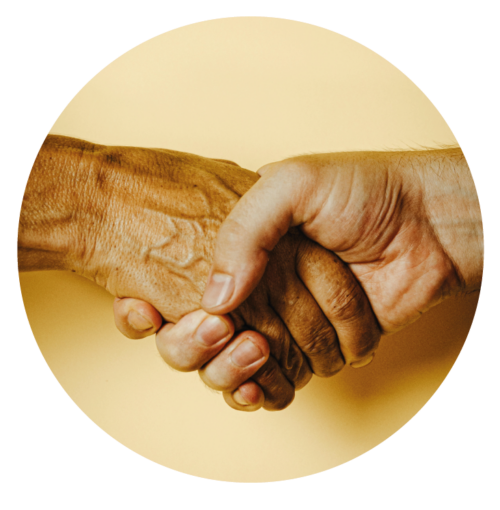
Due diligence for all new and existing business partners
All new and existing business partners are asked to work in accordance with our Partner Code of Conduct. Additional checks were also carried out where necessary to ensure we select like-minded, ethical partners.
Supporting our People
We are a global community of colleagues, linguistically and culturally diverse, and committed to creating a workplace where our differences shine, and people thrive.
We recognize that we are all unique, and that is why we are united in our goal to prioritize wellbeing, inclusion, and professional development for ourselves, our teams, and our colleagues.
UN Sustainable Development Goals:

Goal 3: Good Health & Well-being
- Supporting and promoting the mental and physical health of colleagues through global wellbeing initiatives and activities

Goal 10: Reduced Inequalities
- Reducing inequality by helping underrepresented groups to grow and develop in their careers in an inclusive environment.
Professional Development
We launched our new global Pathways programme, designed to help all colleagues to explore their potential and develop their careers at OUP, wherever they are in their journey. Participants are offered three learning pathways depending on their career stage, as well as hearing career stories from colleagues and learning about the different business functions at OUP. More than 230 people joined the first cohort.
78 colleagues joined one of the 15 different apprenticeship programmes we offered in 2023.
We continued our Workplace Coaching Programme which has led to almost 300 partnerships since 2021. This year, there were 81 new partnerships and 94% of coachees reported that coaching supported them in achieving their goals.
Around 150 managers received support through Manager Coaching Circles. This initiative offers an opportunity for colleagues to discuss common management challenges and explore different approaches in a safe, confidential environment.
Colleagues continued to benefit from our ELEVATE programme, which supports underrepresented groups to grow and develop in their careers. Since completing the programme:
- 47% of the participants said that they have been promoted or have received a change in role and responsibilities.
- 73% of participants said that, following the programme, they feel ready for a more senior role.

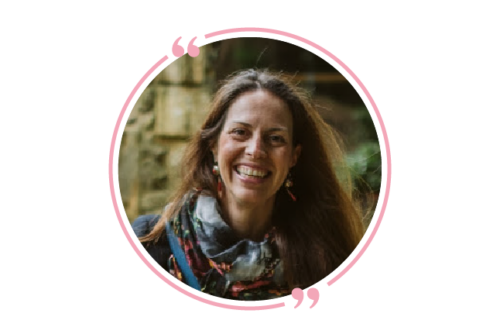
Roberta Celeste
Group HR Director, Oxford University Press, on how we support our people
“At OUP, we want people to grow and feel like they belong, which is why we continue to look for ways to better support wellbeing, inclusion, and professional development. Some of our key highlights from the past year include launching new internal development programme, Pathways, and the second phase of our flagship global inclusion programme. I truly look forward to seeing the continued benefits to colleagues as a result of these initiatives.”
Inclusion and wellbeing
Two guiding principles sit at the heart of our commitment to inclusion and wellbeing:
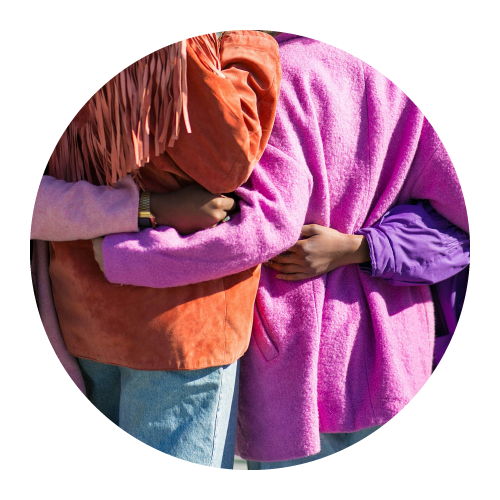
Inclusion first
We acknowledge our differences and actively seek diverse perspectives to make the best decisions.
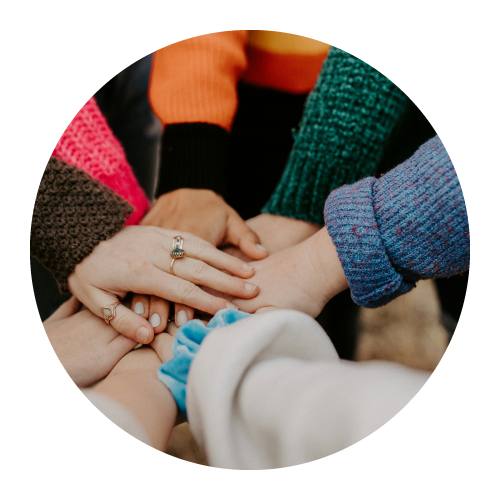
Conscious diversity
We recognize and address our unconscious biases while hiring and progressing diverse talent.
Global inclusion and wellbeing initiatives
Colleague network initiatives for diversity and inclusion
We have a series of colleague-run networks across OUP, who support our diversity and inclusion initiatives. This is a selection of the activities some of our networks undertook this year.
- Hosted regular drop-in sessions where members could share their experiences and receive support on reasonable adjustments to help them thrive at OUP.
- Organized their first ever Book Club event and saw 117% increase in engagement activity.
- During Pride month, led an art project where over 100 colleagues from the UK, South Africa, Canada, US, Australia, India, China, and Spain helped to Knit for Pride, creating a 2×2.5m Pride Progress flag tapestry.
- Engaged colleagues in conversations and promoted transgender and non-binary inclusion through events, panel discussions, and support for OUP’s Transgender Inclusion guidelines.
- Provided confidential, informal, and one-to-one peer support for managers and colleagues experiencing a life-changing event or personal challenge that made it difficult for them to return to, or continue with, work.

Find out more about how we’re supporting our people
Supporting Communities
Supporting our global communities through charitable giving and colleague volunteering opportunities forms part of our commitment to operating responsibly.
As part of a charity—the University of Oxford—we donate and provide resources to charitable initiatives that align with our educational mission.
UN Sustainable Development Goals:
Goal 4: Quality Education
- Donating educational resources to those in need
- Colleague volunteering to support relevant projects
Key highlights
292,000+
books donated worldwide

£56,000+
donated worldwide

Almost 1,000
volunteering hours logged worldwide
Charitable Giving
Our charitable giving helps extend the impact we have in our global communities. In markets where we have a long-standing presence, we may also provide donations to support those affected by humanitarian or natural disasters.

Christine Richardson
Director of Communications, Oxford University Press, on how we support our communities
“Every year, we work closely with the global communities we serve to make a positive difference. Whether that be donating key educational resources in line with our mission, encouraging colleagues to volunteer on community projects, or donating funds to support those affected by humanitarian or natural disasters, we are proud of the progress we continue to make to support our communities.”
Volunteering
OUP encourages colleagues to take up to two volunteering days per year (three in the US) in addition to annual leave and public holidays. Volunteering time can be taken in a variety of ways, virtually or in-person, but must support education or research.
This year, our colleagues spent almost 1,000 hours volunteering. This was a significant increase from almost 700 hours volunteered the previous year.



